Dale Cooper
Since the app Grindr made its debut, I have been troubled by a trend I've noticed. Let me come out and say that I am by no means unfamiliar with Internet-enabled cruising and the kinds of human interaction they bring about. What I have been confronted with, though, on a continual enough basis to make it undeniably some sort of social phenomenon, is the (at times) overwhelming presence of douchebaggery on the app. There's a veritable epidemic of it.
I am not the only person to think this is the case. The link is instructive in explaining exactly what makes one a douche, at least in my opinion and that of the site's readership. It takes the form of asking, in the profile that is broadcast, that certain types of people should not contact the profile owner if they are:
Too short, or too tall ("over 5'7" and under 6'1"), Asian ("not into rice," "gook free zone"), fat ("175lbs or less"), fem ("no broken wrists," "masculinity is not subjective"), black ("no chocolate," "All blacks, keep moving cuz I ain't interested unless u can prove not all blacks are the exact same mkay?"), not as hot as the profile owner, Latino, ugly, hairy, old ("no older than 30"), closeted, uncloseted, bisexual, not bisexual, not a college guy, not a jock, a fag, into the scene, a ginger, Catholic, Republican, not "musc," not "prof," not "VGL."
The takeaway from these attempts at filtering contact for me is the incredible degree of specificity that some Grindr users want in the types of other human beings saying "sup" to them. There is also the suggestion that the speech act itself could be some form of violation. Of particular note is the phrase "not into," taken to mean not sexually interested in.
It is not the fact that some people are "not into" certain types of other people that perplexes me. It is instead the incredible brazenness with which people will associate pejorative views of others with their publicly visible identity. Most troubling is the ease with which some profiles will confess extreme prejudice or use racist epithets, somehow made allowable as a language of sexual attraction or personal preference.
The larger question is whether this phenomenon is specific to the app, or if it just finds its most easily seen form in Grindr. Unfortunately and of course it is the latter. There is something about the blend of social-media publicity and a paradoxical pretension to anonymity fostered by the Internet that is enabling of things like trolling.
Yet the things placed on these profiles would not be readily said at the outset of conversation or, arguably, read of a person. One possible explanation may be that, before lines of code and satellites enabled it, these interactions had to take place where physical gay bodies gathered. Grindr delivers heads and torsos in the space of a smartphone screen. In an interesting twist, Grindr is still grounded in physical location, since it takes advantage of GPS. It allows bodies of all types to congregate without the usual geographic and social barriers, the placement and accessibility of gay spaces being governed by the usual suspects of history, race and class just like everything else.
Those barriers to access have been altered by technology. That these activities have become dependent on smartphones underlines a new-ish emphasis on the class difference – smartphones and data plans do not come cheap. Ostensibly, though, any body is capable of getting a smart phone and getting on the app, given the right amount of capital. Grindr, for better or worse, is now the type of site where gay identification can take place, allowing different generations, classes, races, and orientations to project their bodies onto the Grindr grid and have a look.
It relieves users of most of the affective labor of cruising, that is, bodies coming into physical proximity. However, it does bring all types of people's bodies together, boxed off with the thinnest margin of black pixels to separate one from the other. I believe that this is the fundamental source from which douchebaggery springs. Grindr radically reorients queer bodies and social mores by having a low threshold for access, the relative protection of semi-private usage, and an organization based on proximity. There is the potential for a lot of very different-looking bodies "touching." Differences that one are not used to interacting with could be right next door.
The class basis of Grindr will begin to erode when the relative novelty of current smart phone technology thins and they become more affordable. As access increases, more and more different-looking people will be readily visible on Grindr, but the customs and suppressions determing which bodies congregate in which spaces that we're accustomed to is not performed. Some users feel the need to perform this policing themselves.
Some of the things people are "into" on Grindr are crude, demeaning, or ignorant. As the Internet continues to democratize, more and more types of bodies will have access. We have already seen the beginning splinters of market products for GPS-enabled cruising: Scruff is an alternative gathering space for those who find Grindr offputting. While I understand the potential desirability of these services (and think Grindr could use some serious competition), I worry that it just mimicks the same damaging social structures of "real life" interaction, and that we are losing queerness as a unifying identity across difference.
The user agreement for Grindr stipulates that no "offensive" materials be included in a profile; violation is supposed to lead to profiles being disabled. Far more often "offensive" is taken to mean pornographic, rather than what I would consider the far more toxic blatant racism. So I wonder if people are thinking about how we are interacting with one another on Grindr. The "block" button is is great but seductive: it lets users kick others out of their own personal Grindr neighborhoods. It does nothing to add to a broader discussion about what the "Grindr community" (as the company that runs the program calls it) could find offensive, should find offensive, or should stop.
The novelty of Grindr's meeting space allows for a community-developed praxis. What speech is allowable as expression of sexual preference in this new queer space? Use that question as a conversation starter if you're out of torso compliments. Douchebaggery, on the other hand, does advertise quite handily which users I myself would be wasting time saying "sup" to.
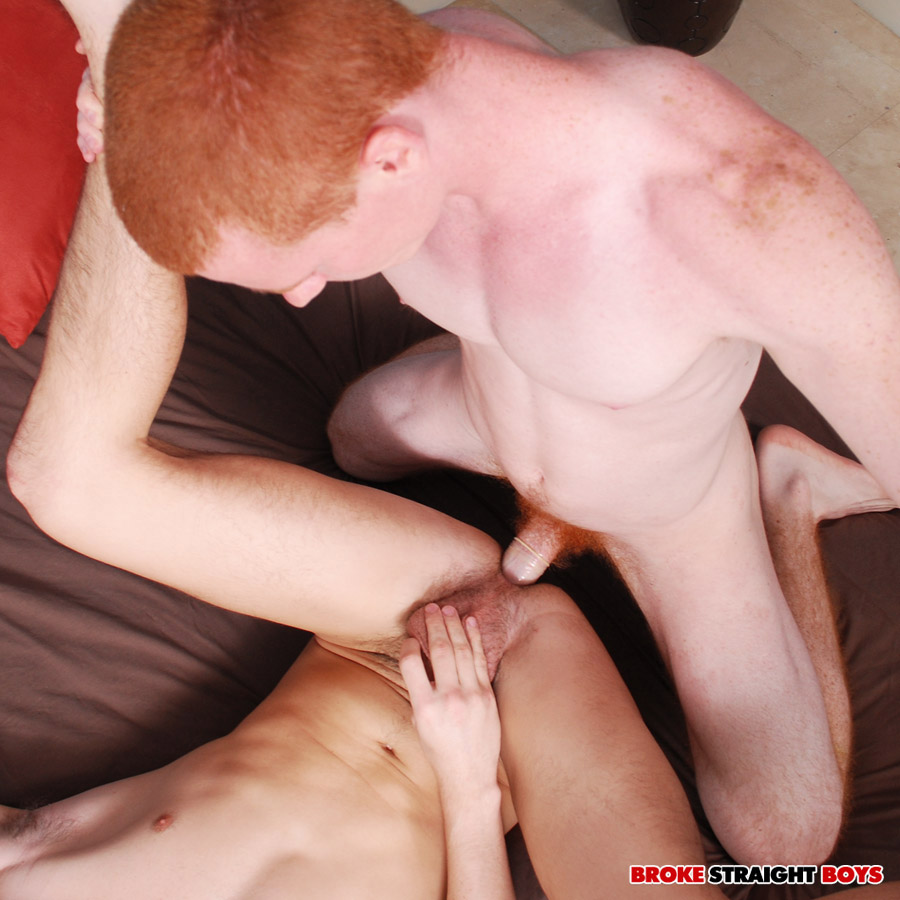
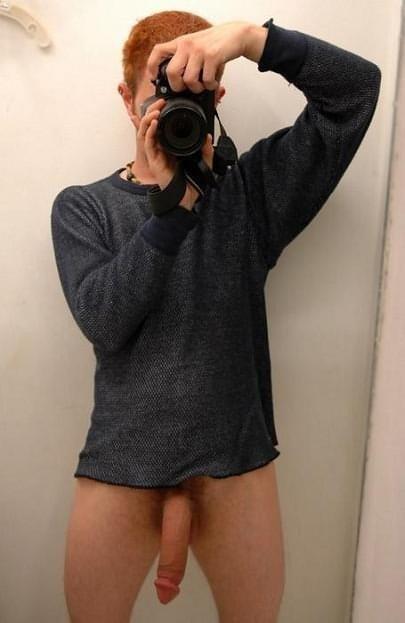
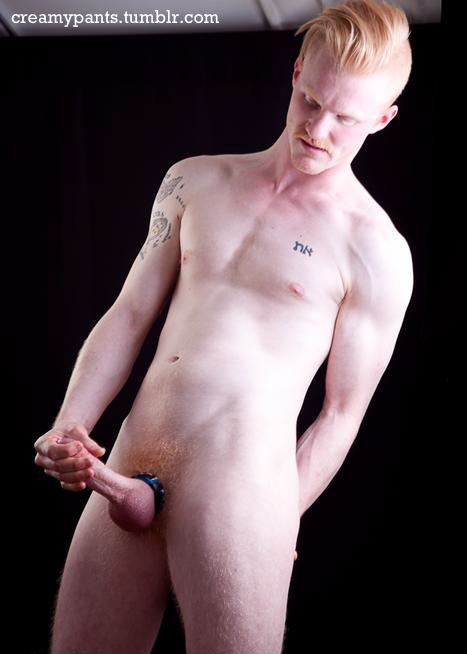
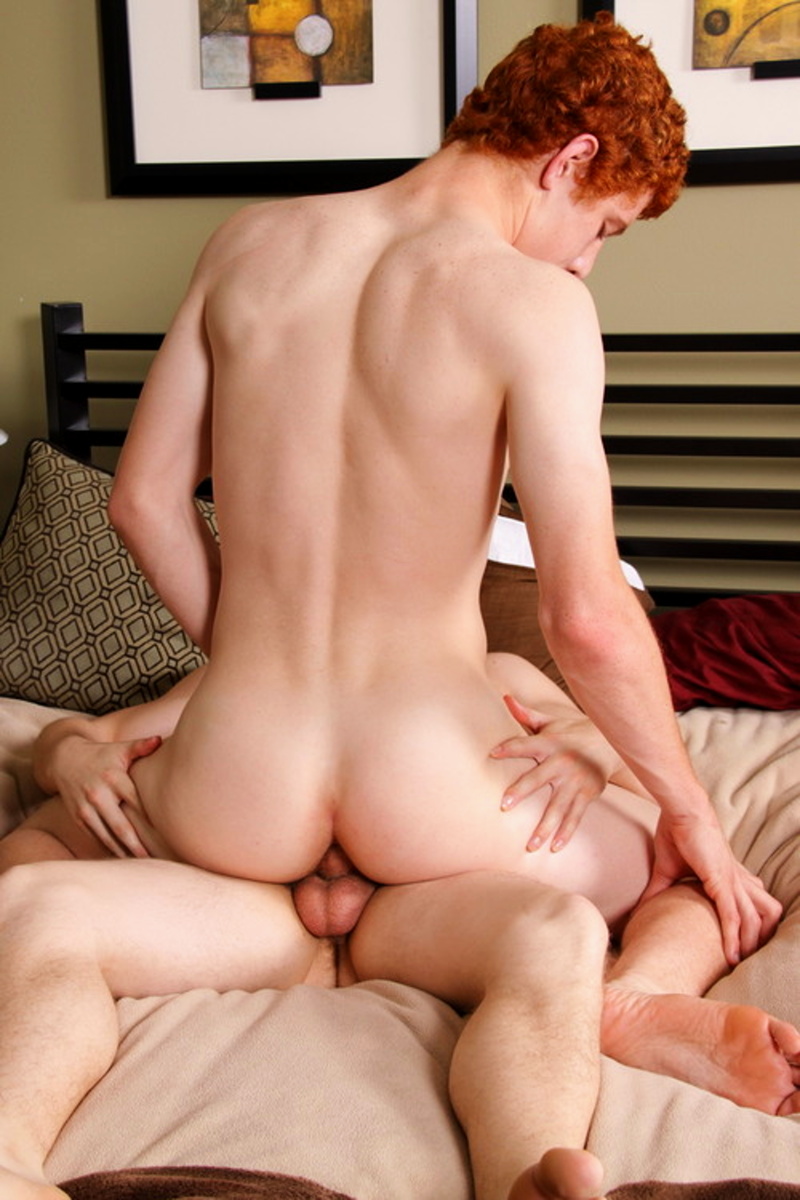
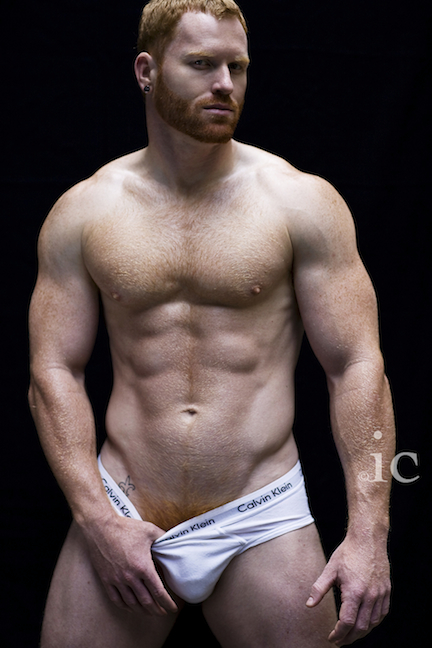
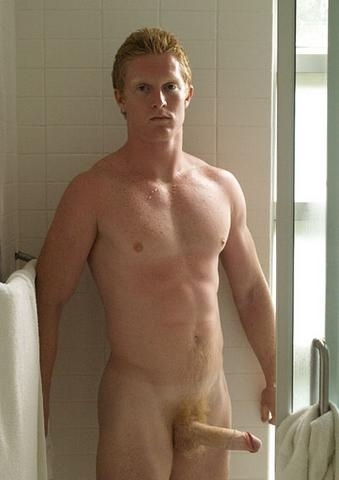
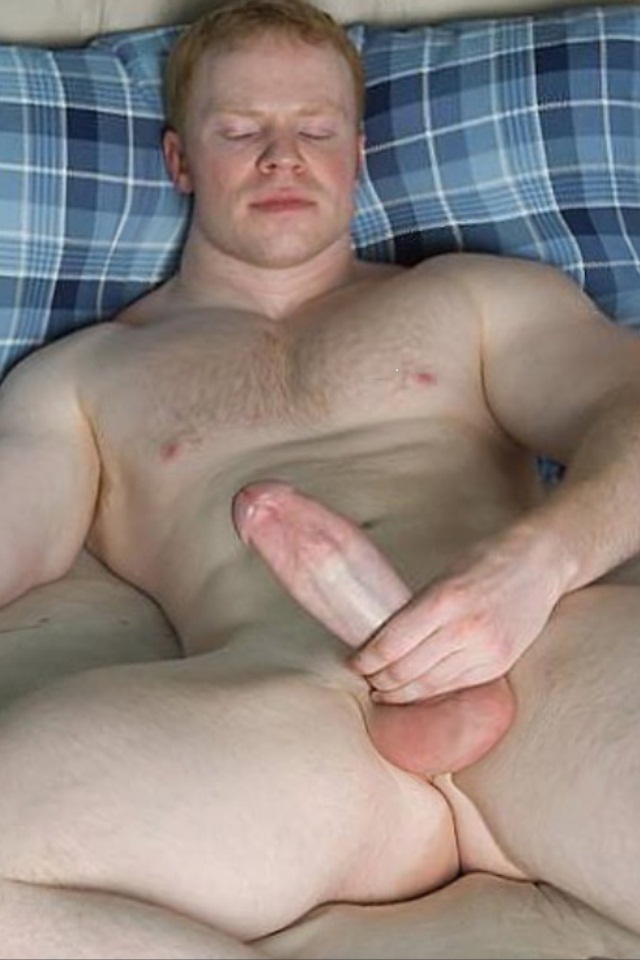
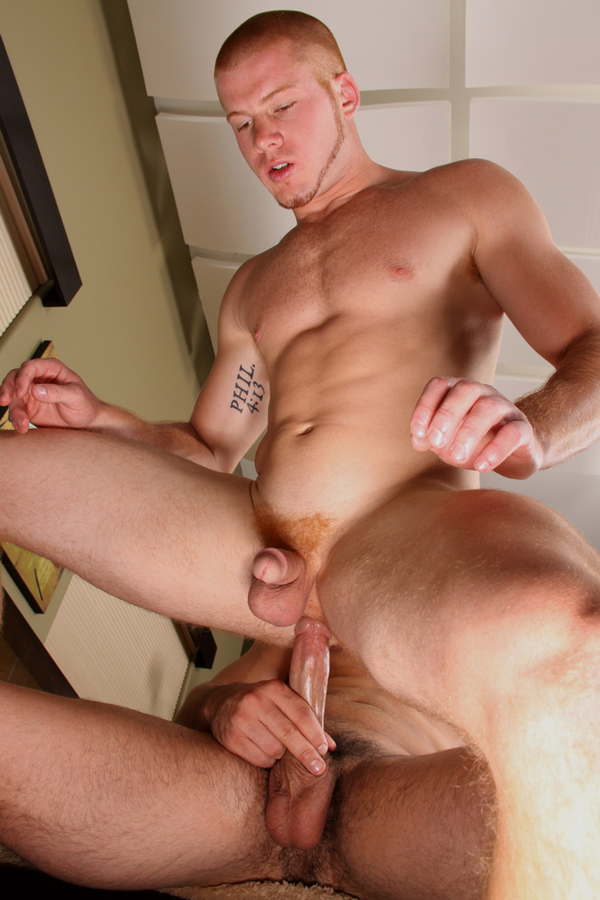
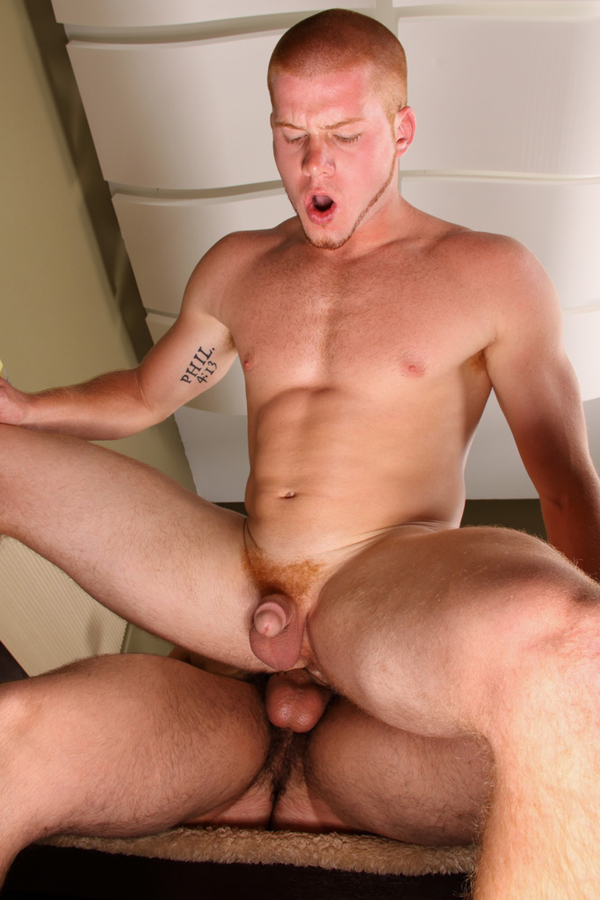
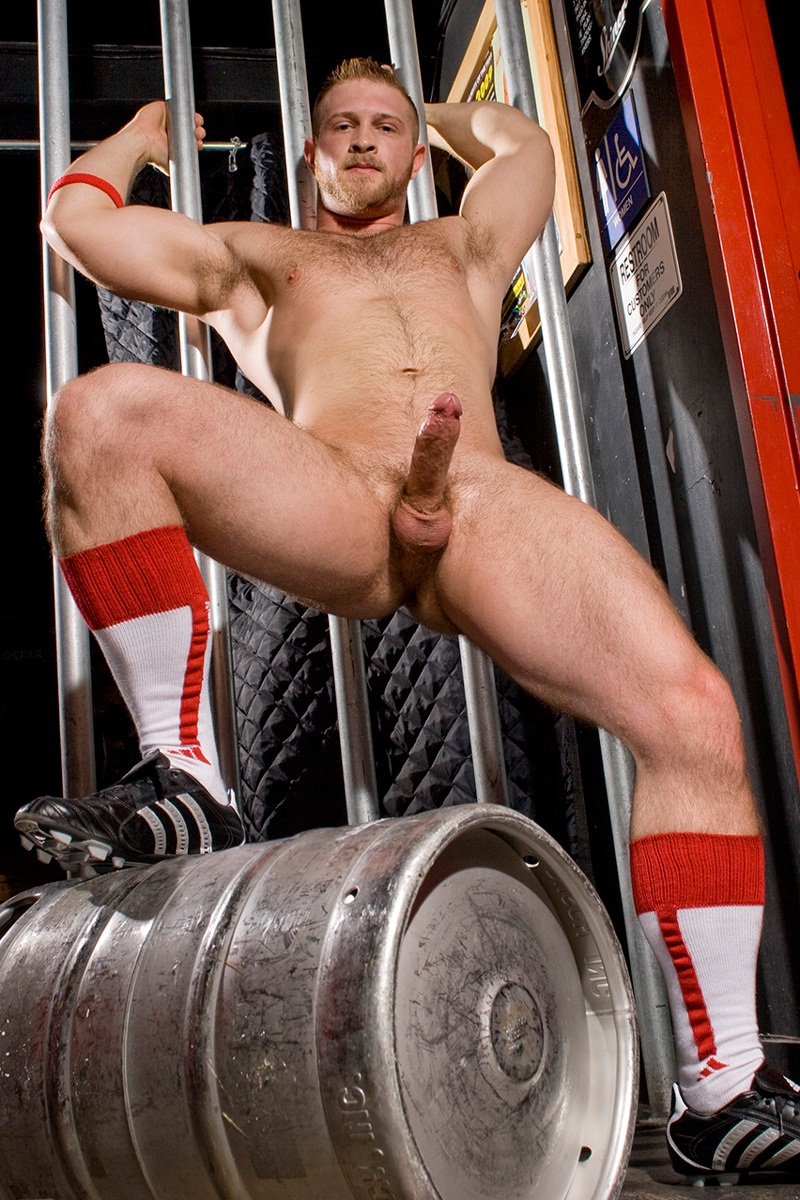
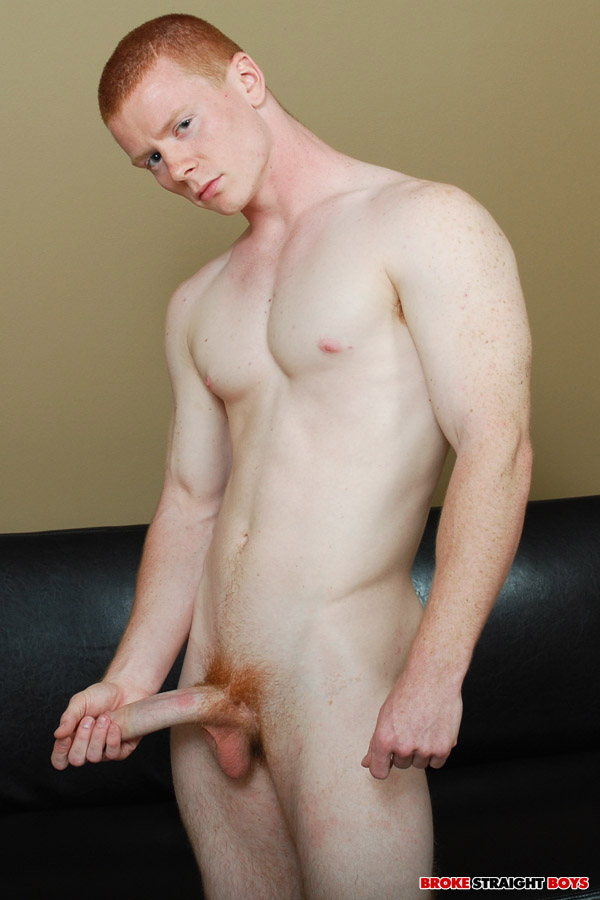
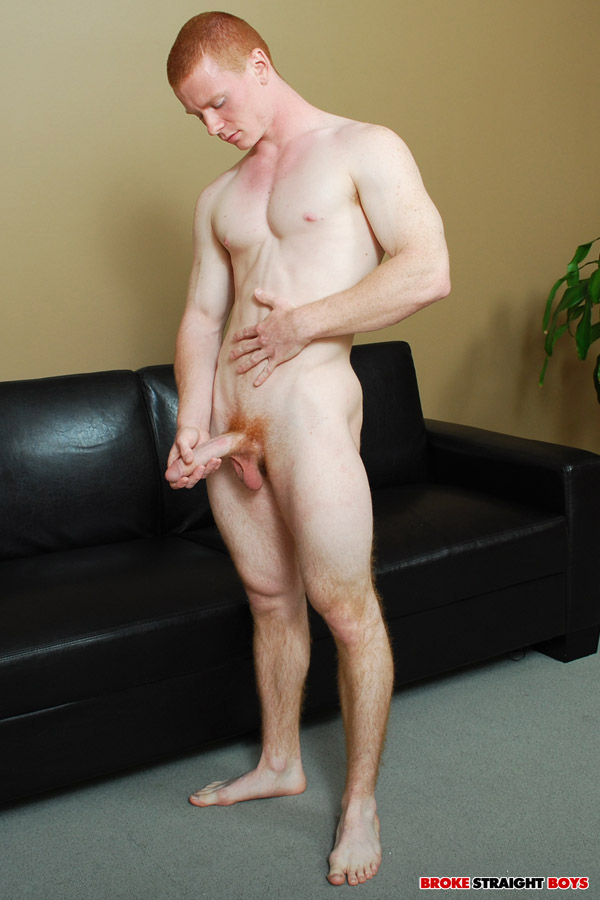
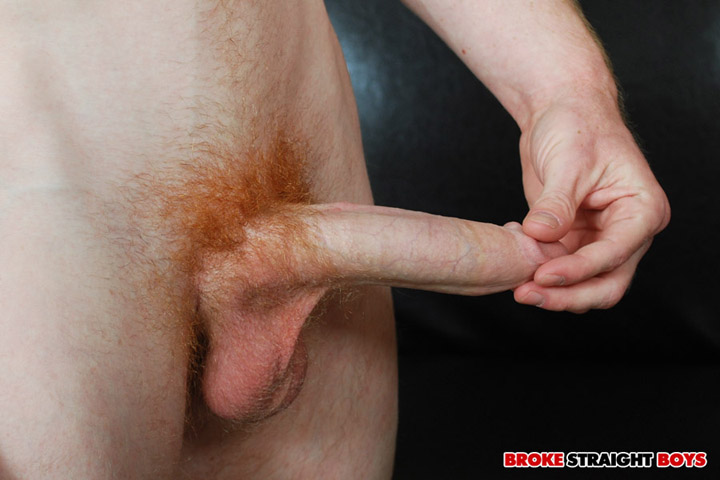
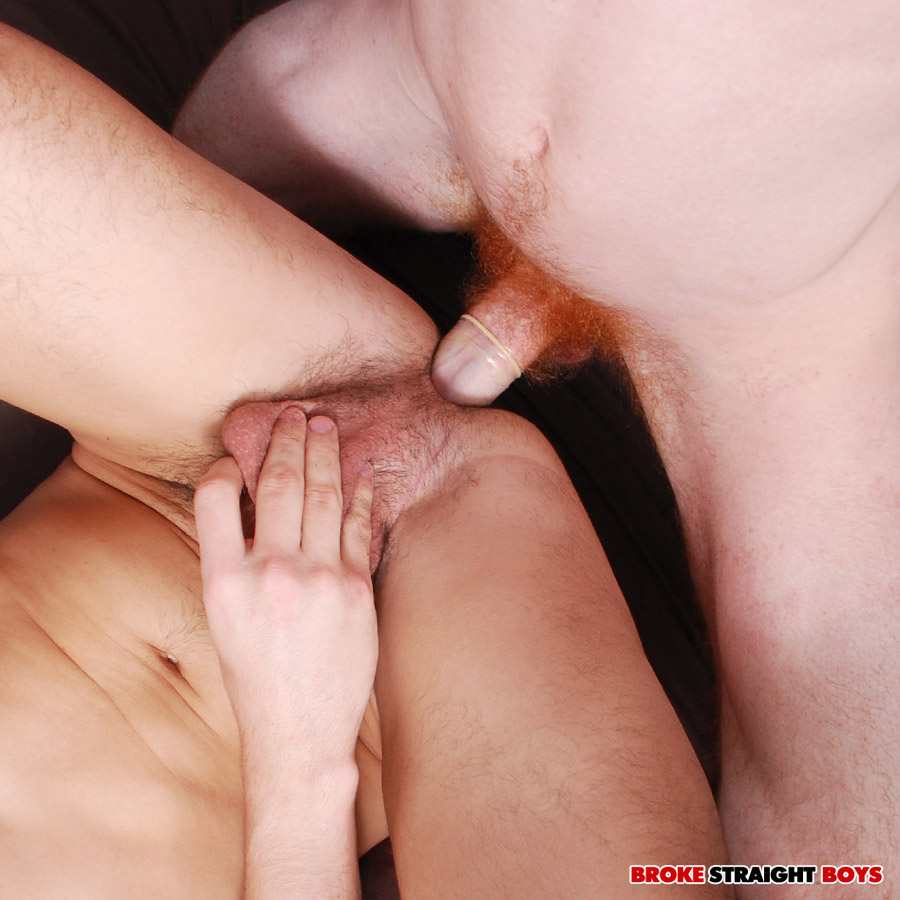
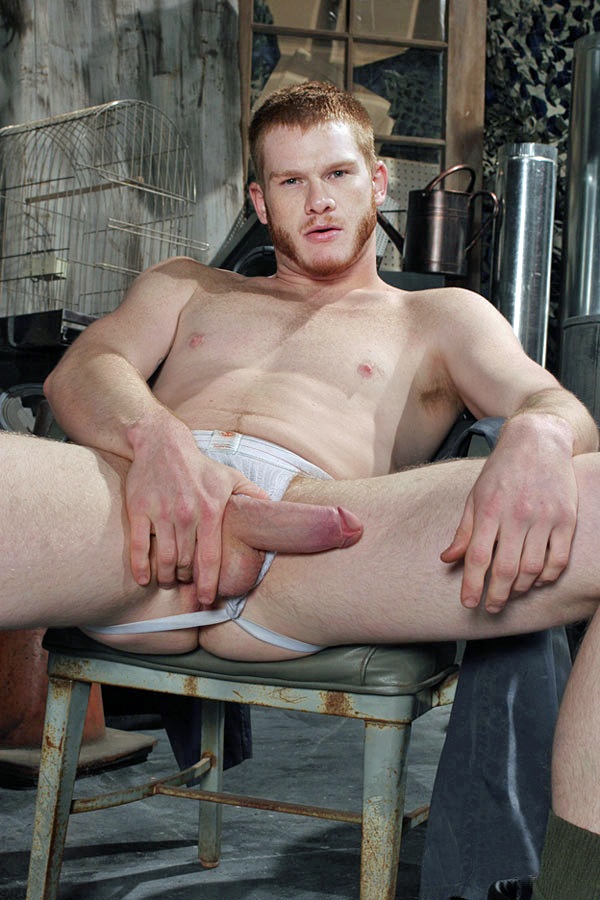
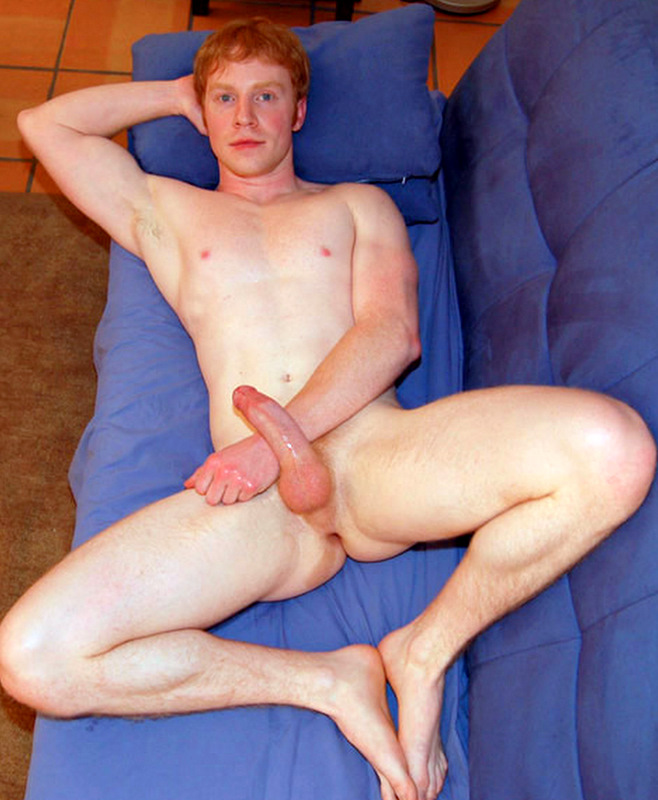
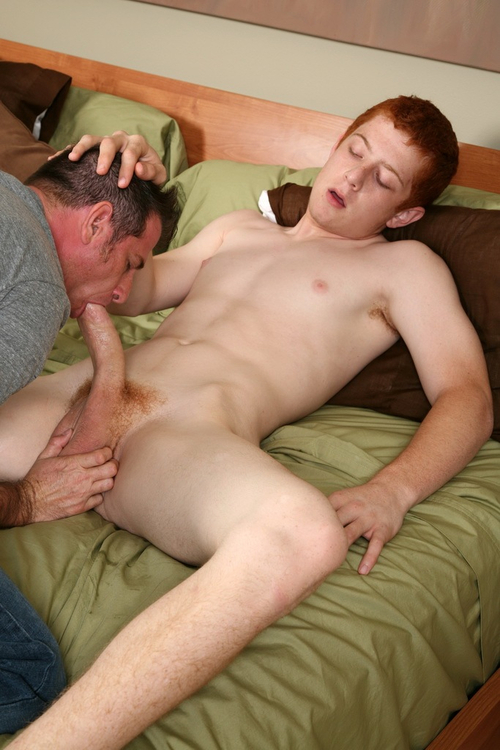
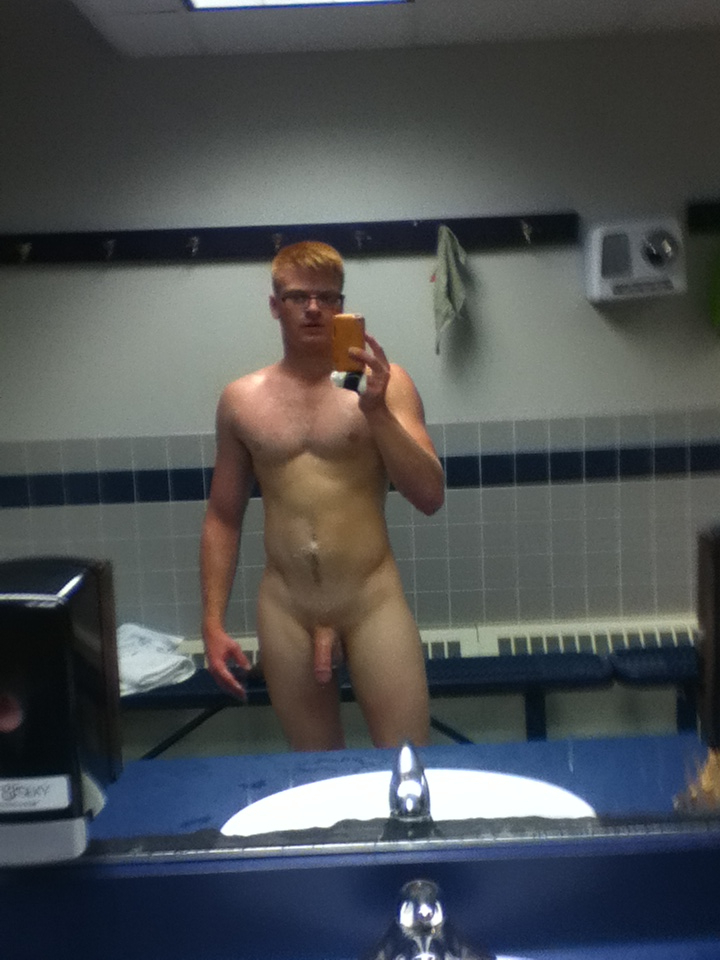
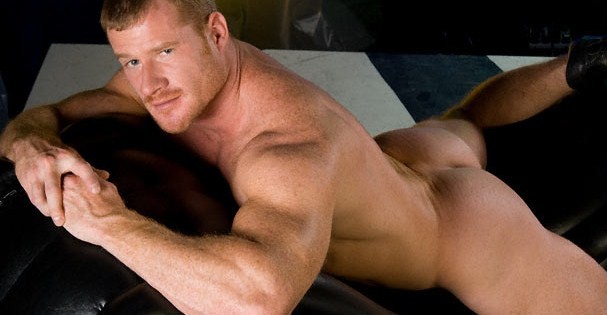
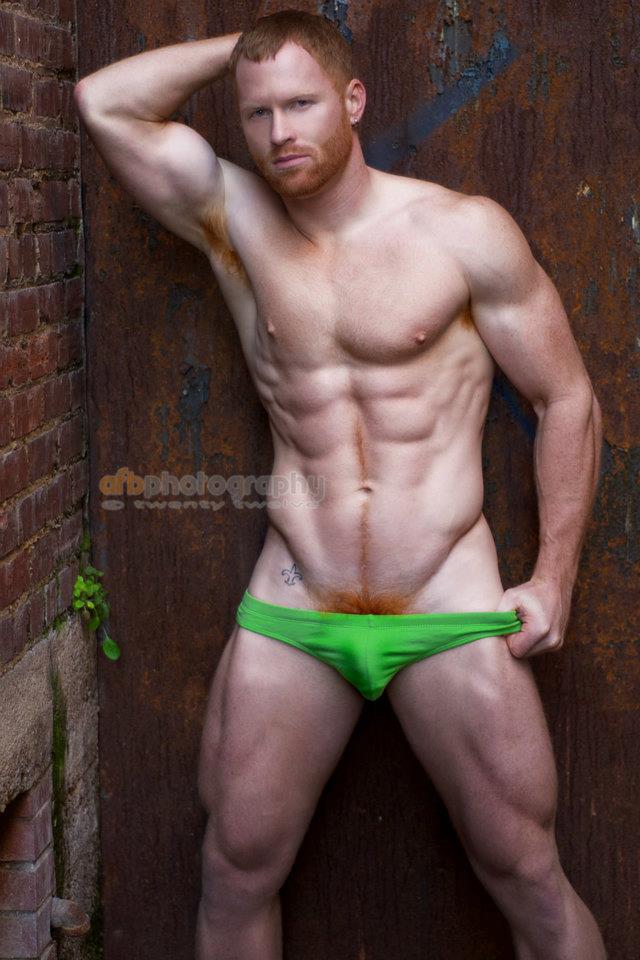
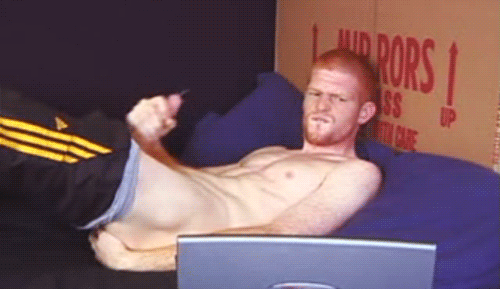
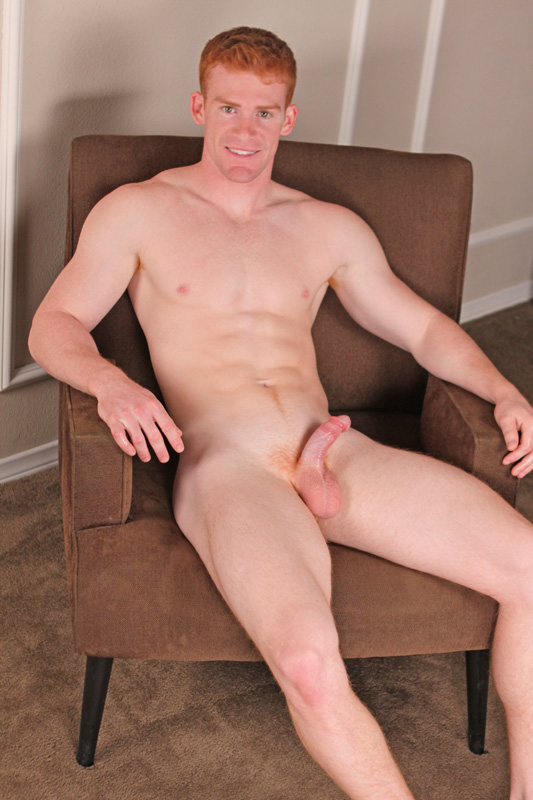
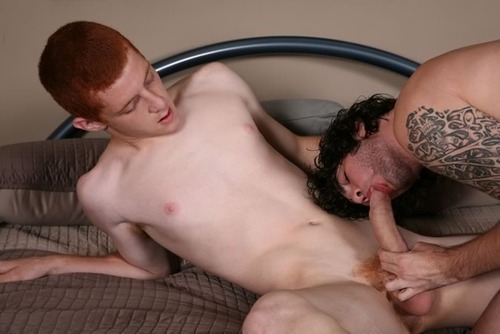
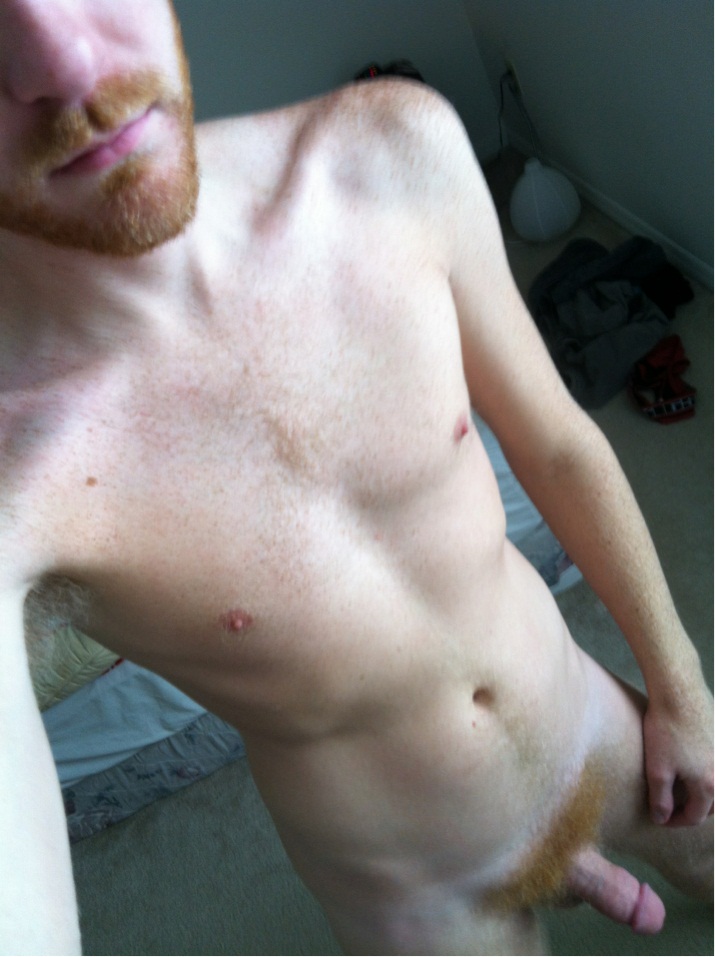
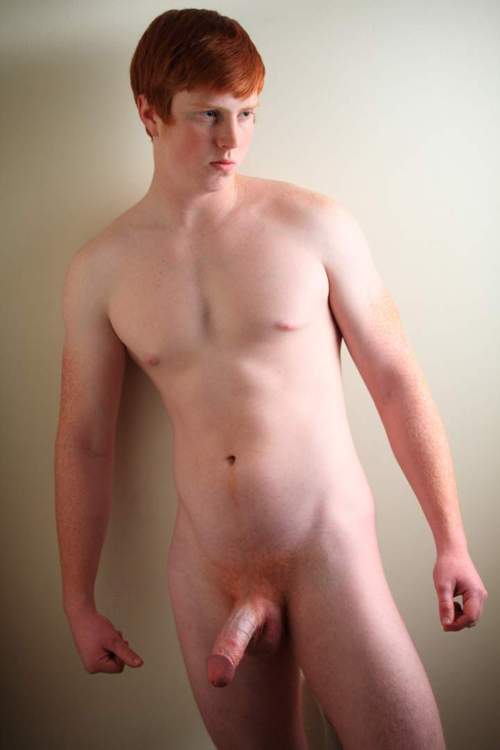
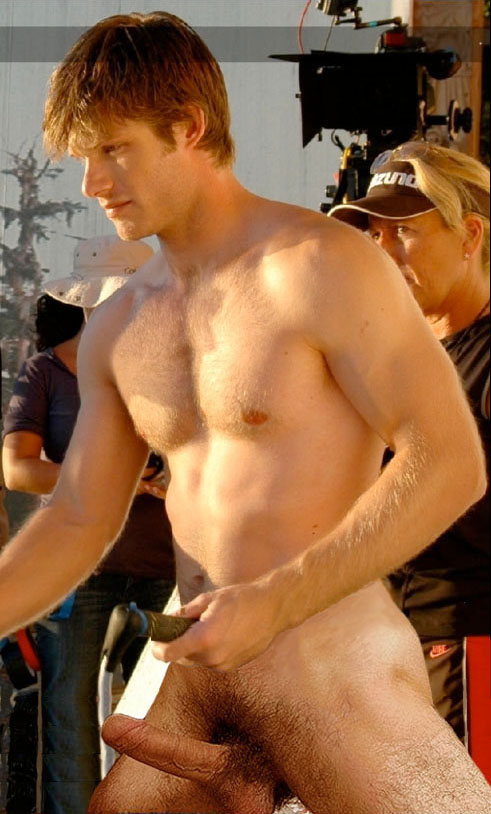
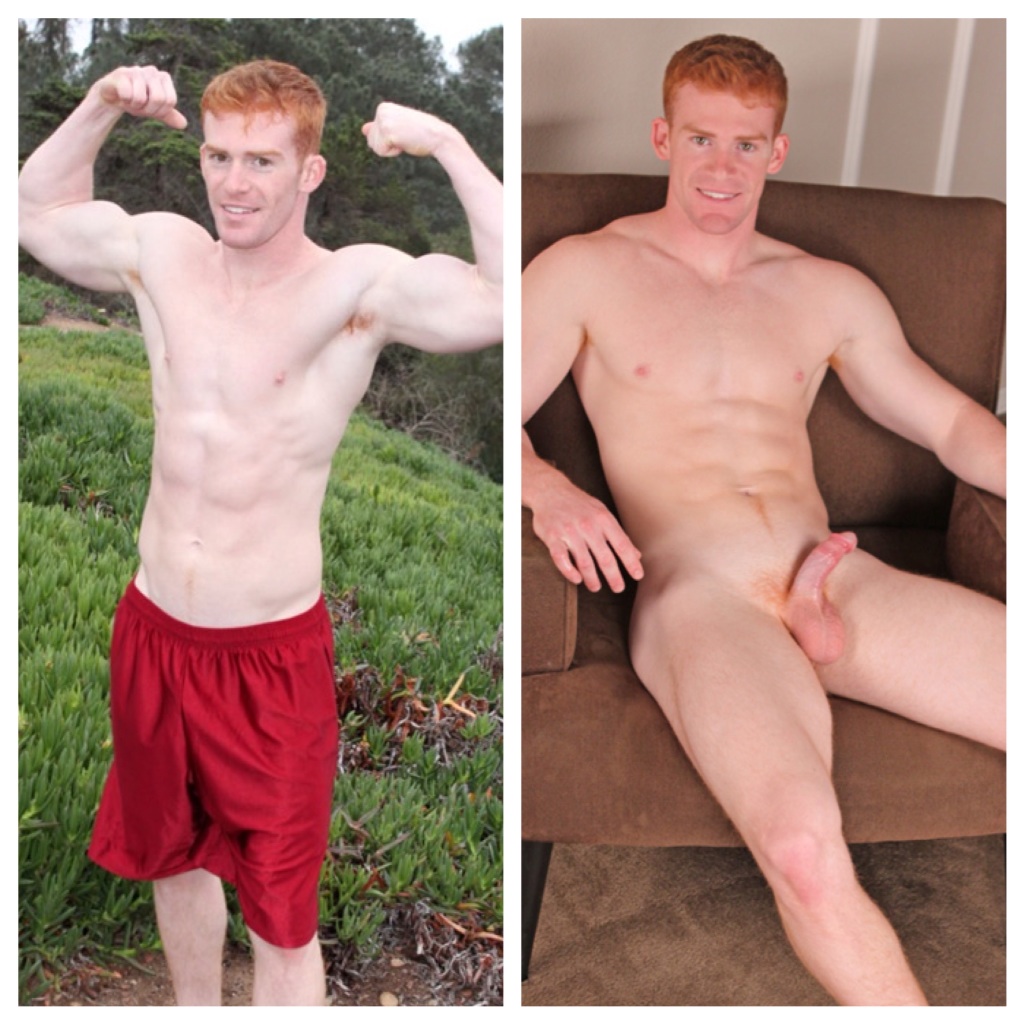
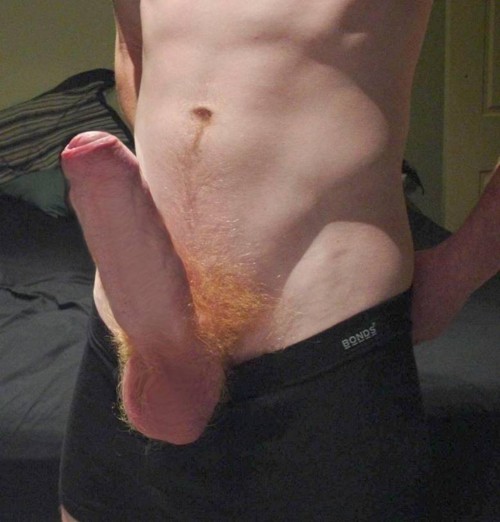
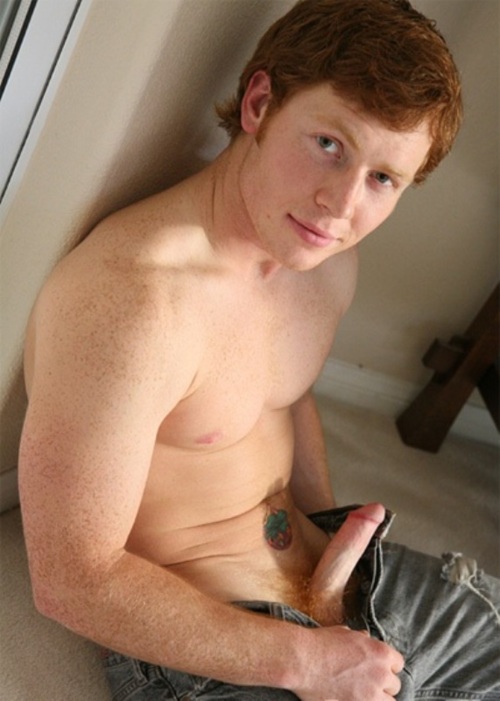
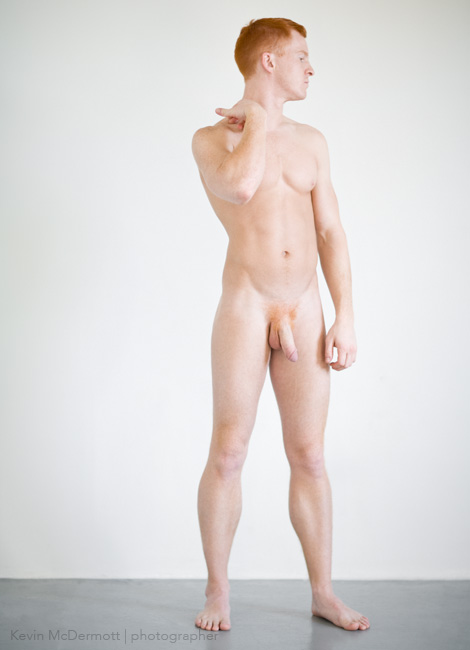
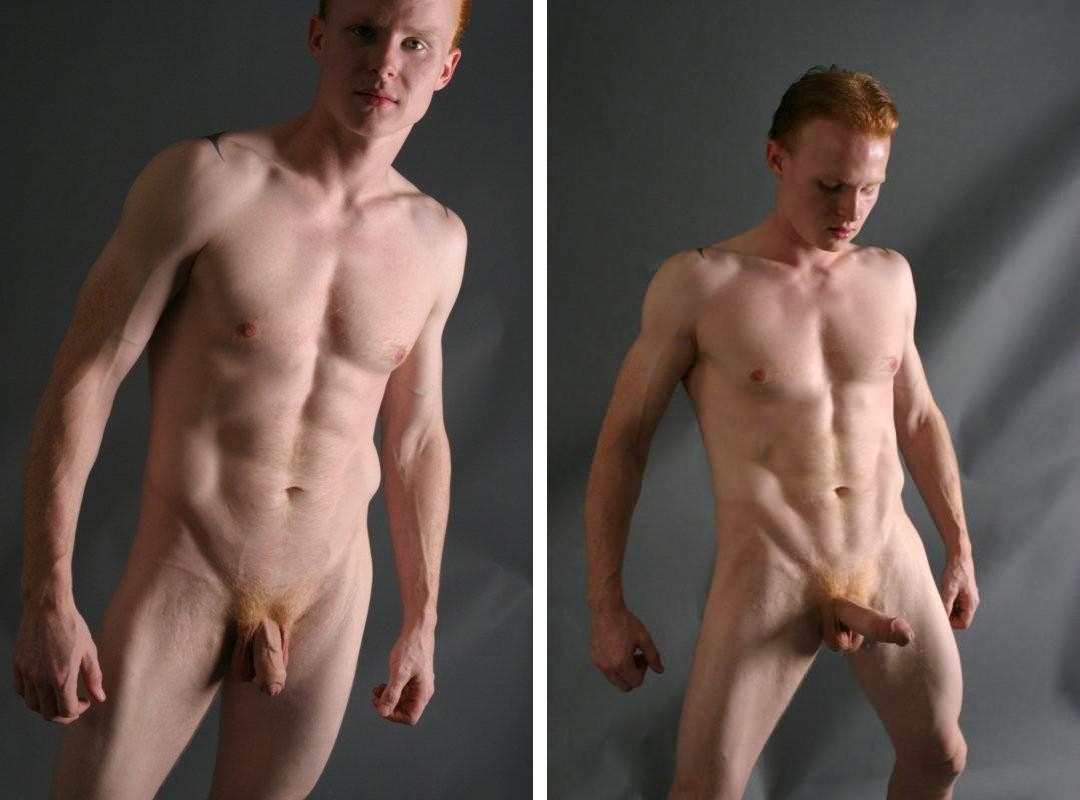
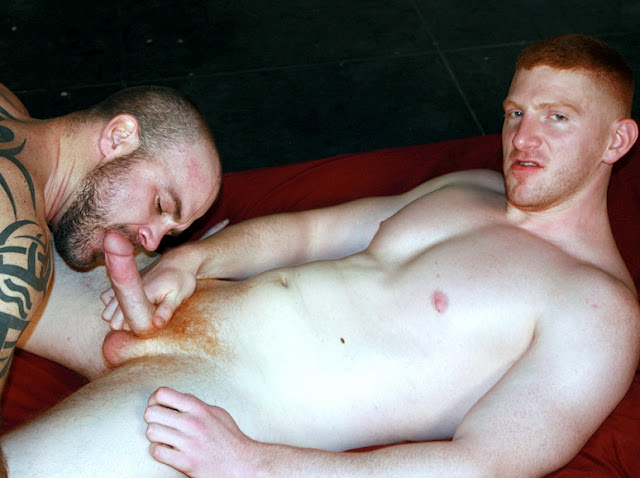
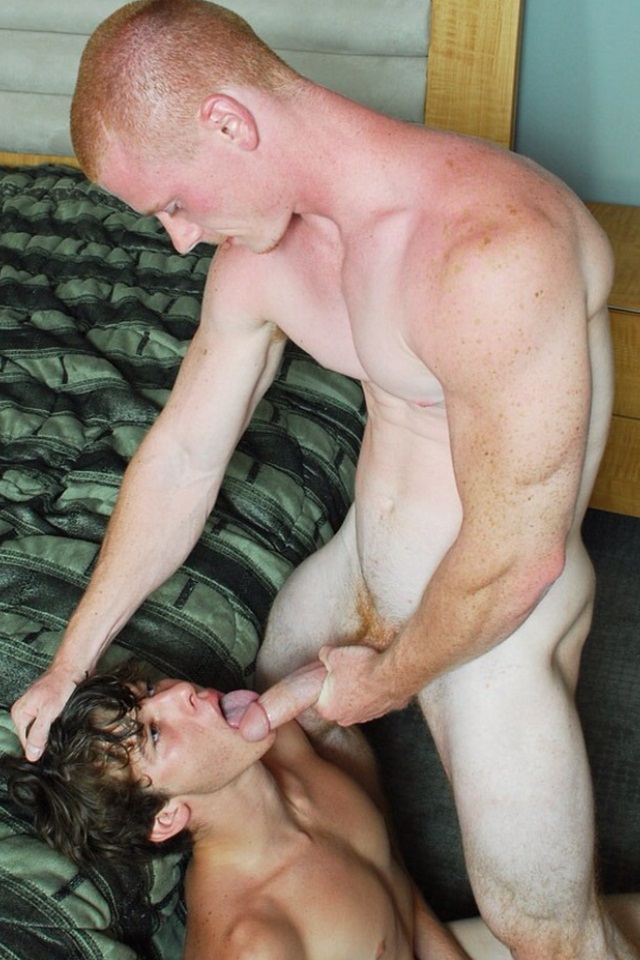
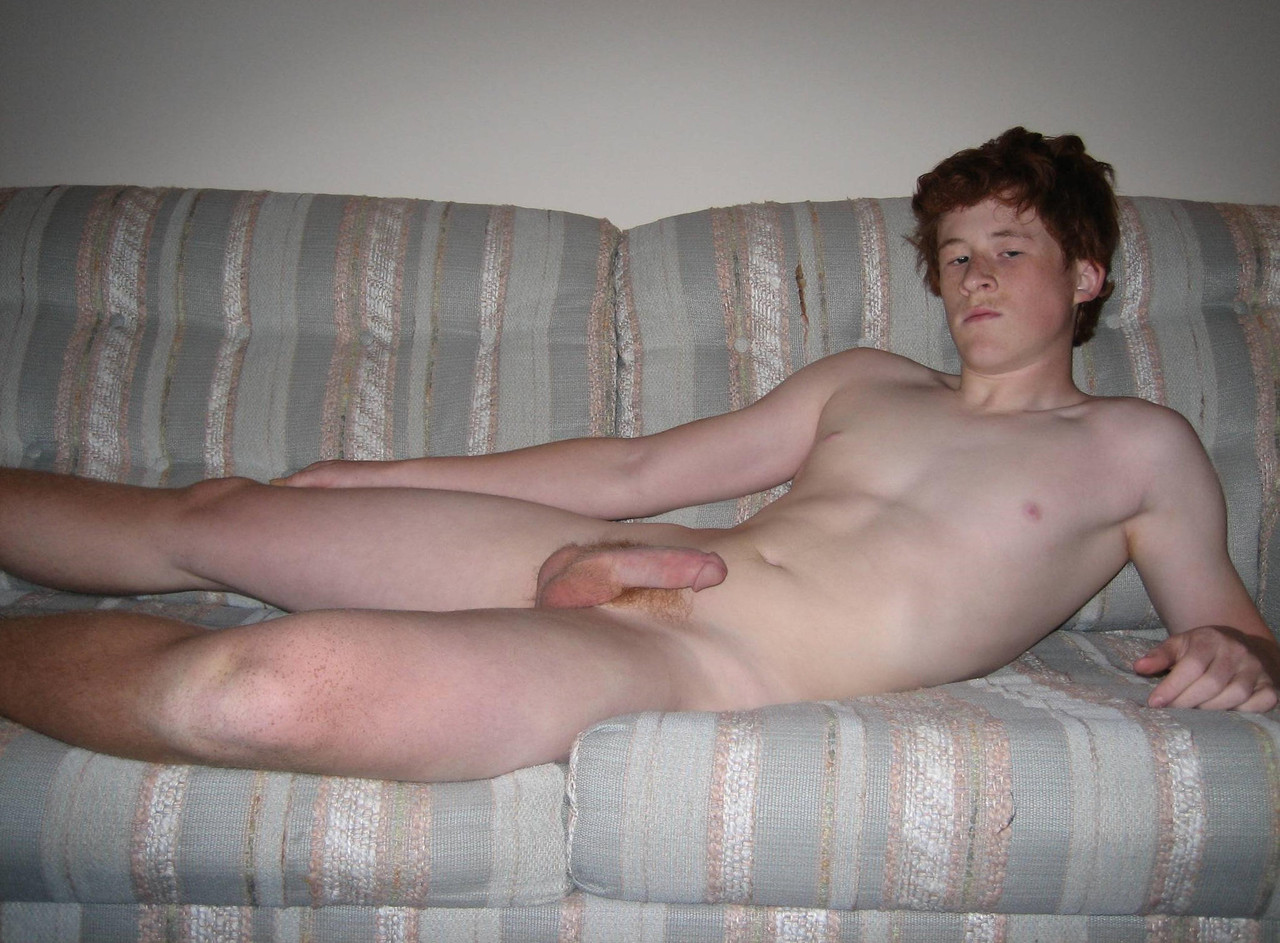
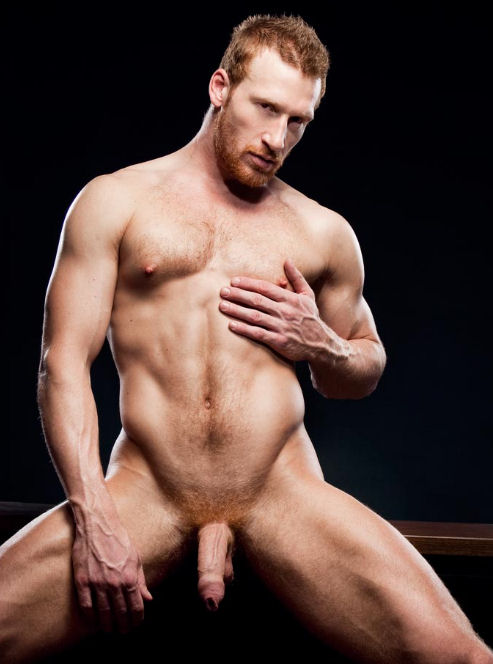
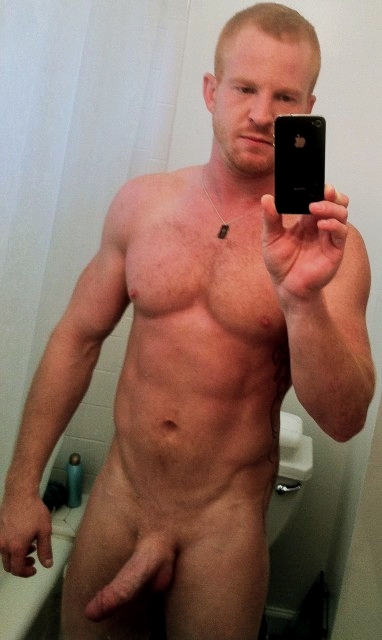
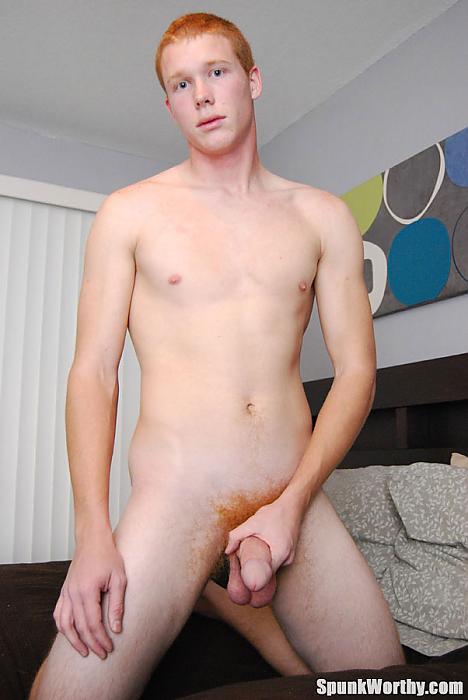
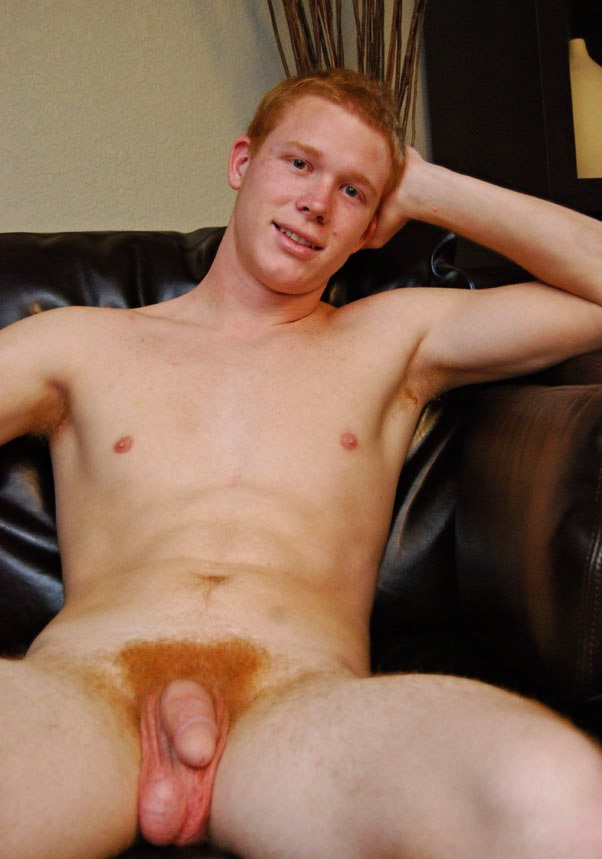
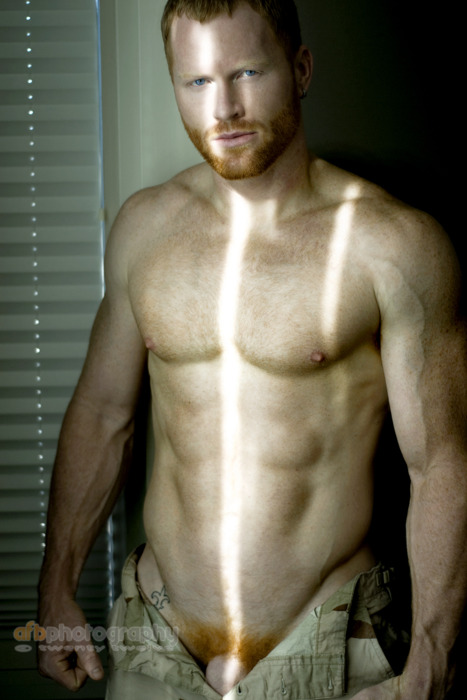
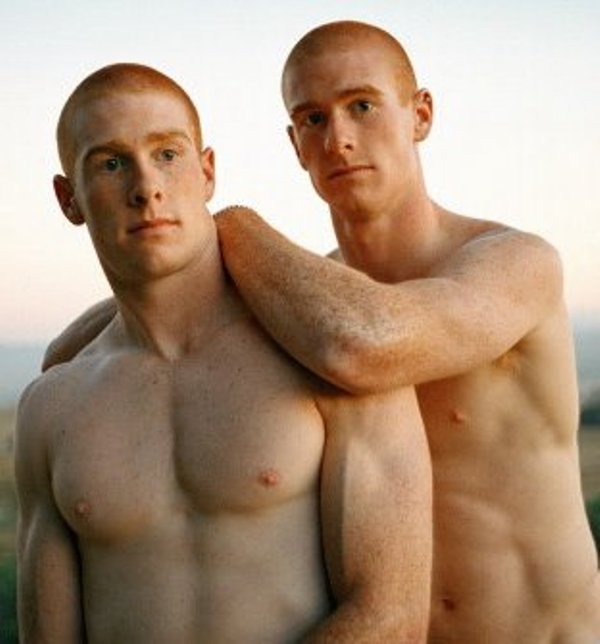
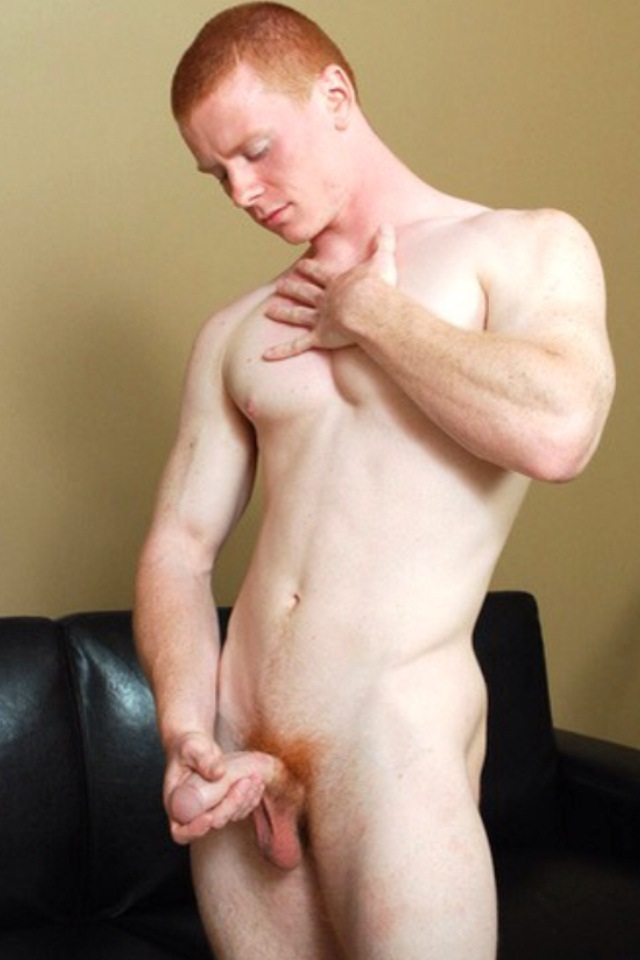
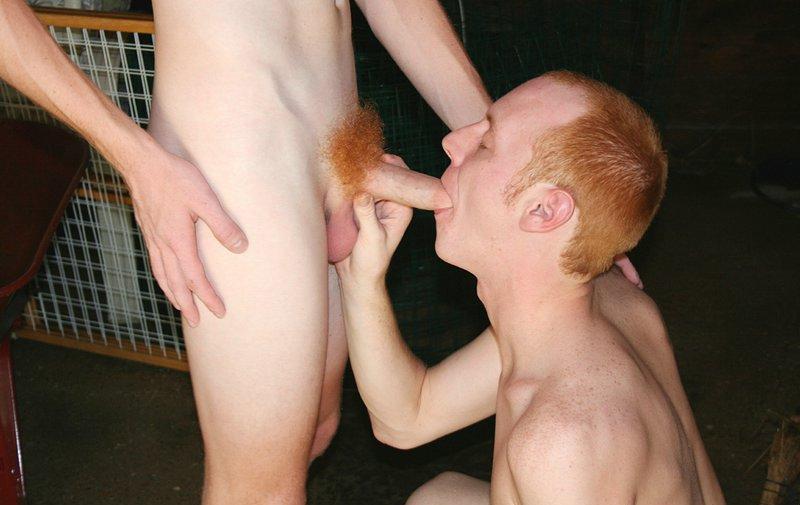
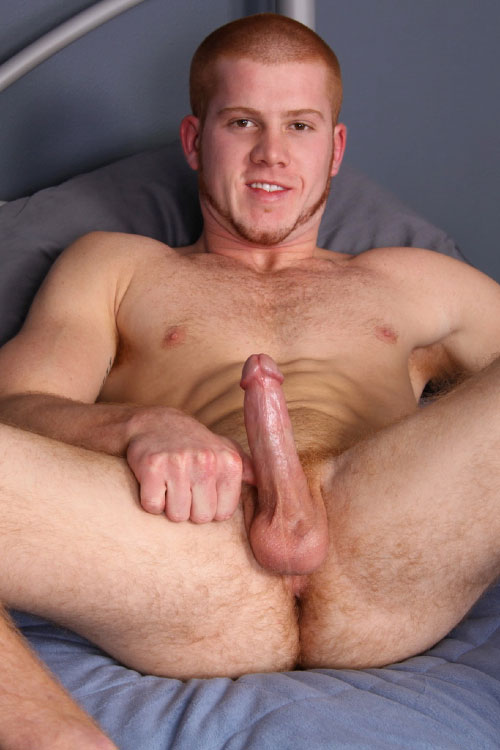
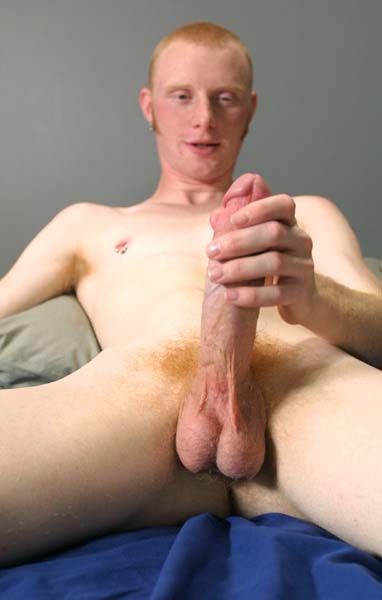
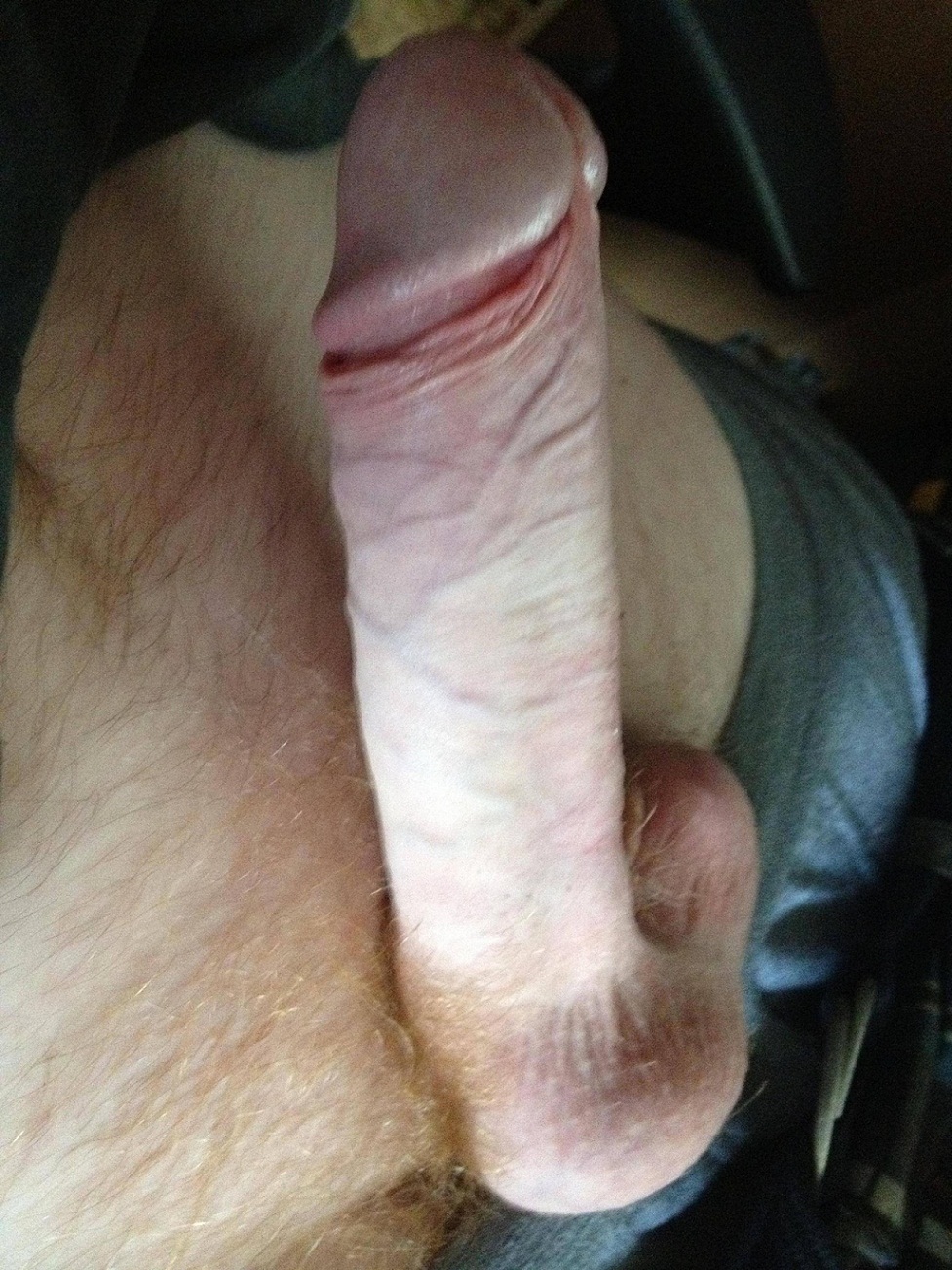
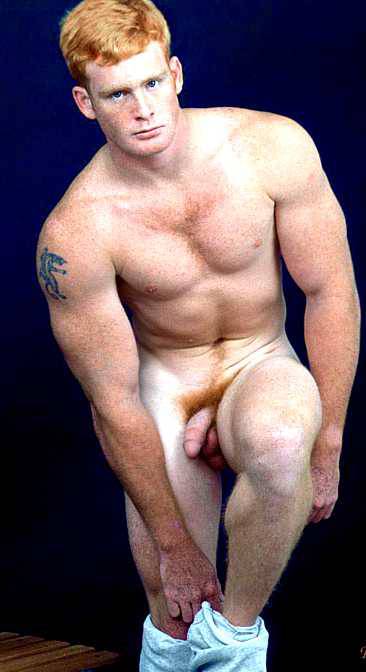
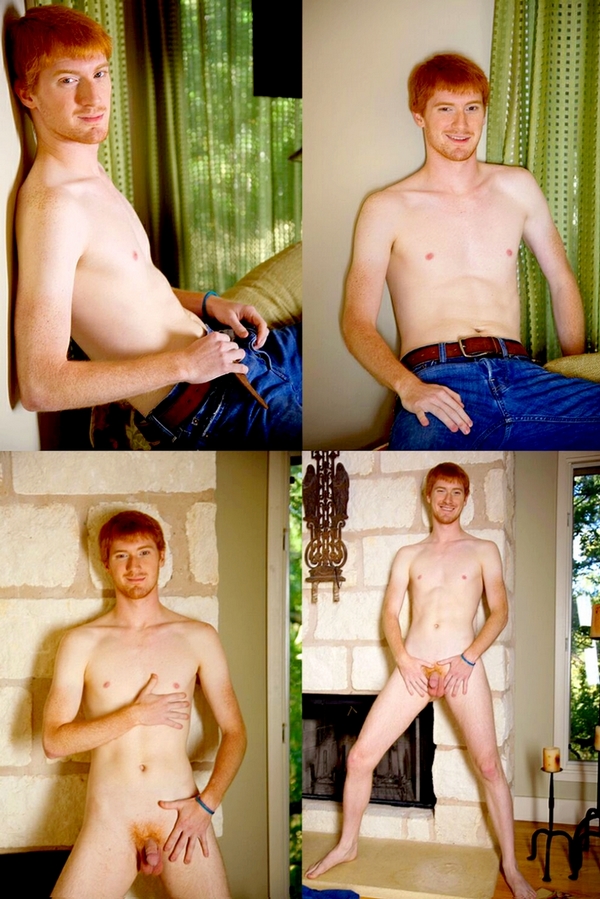
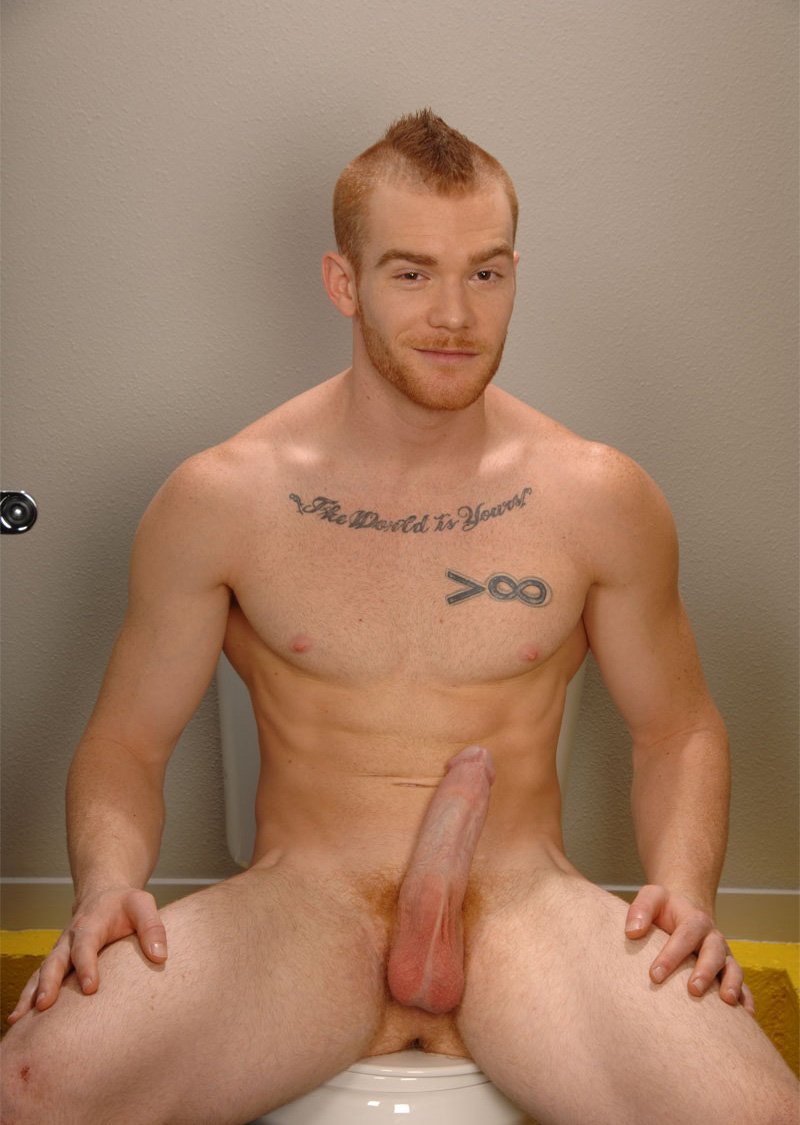
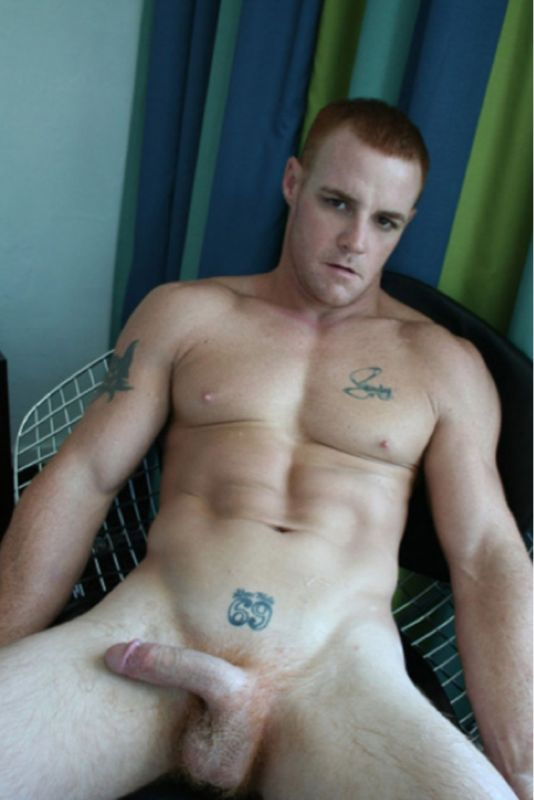
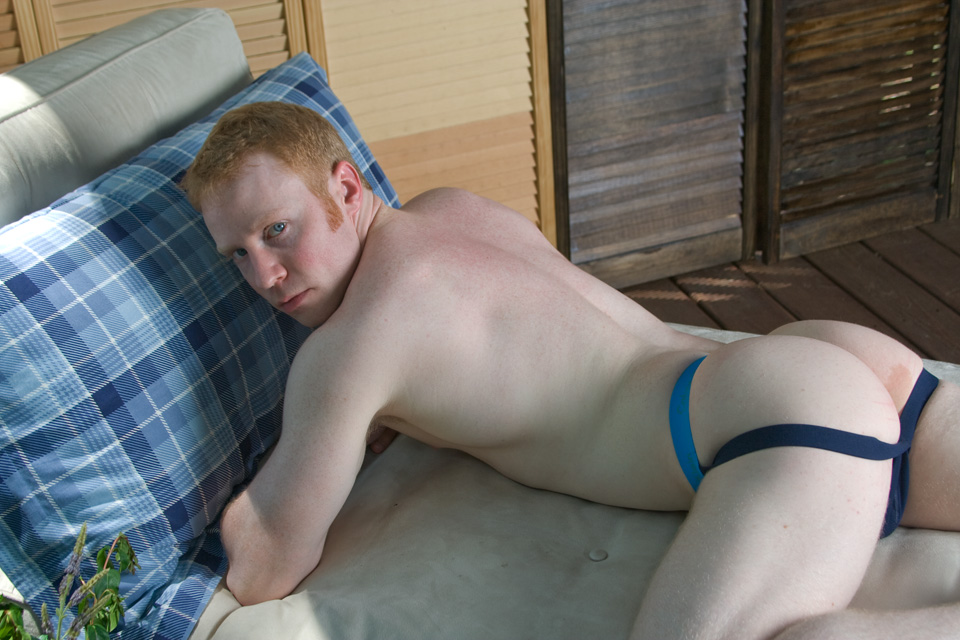
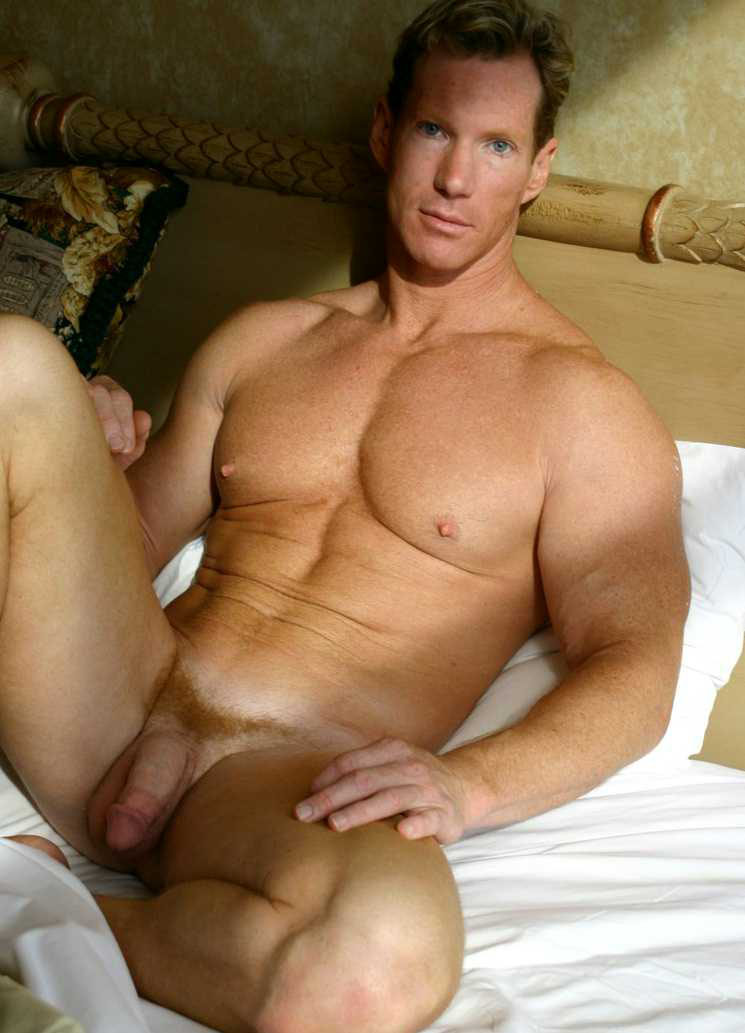
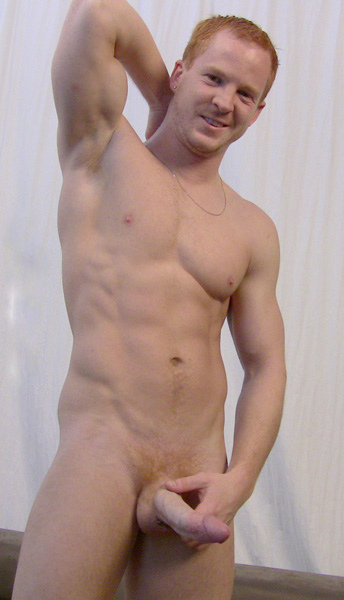
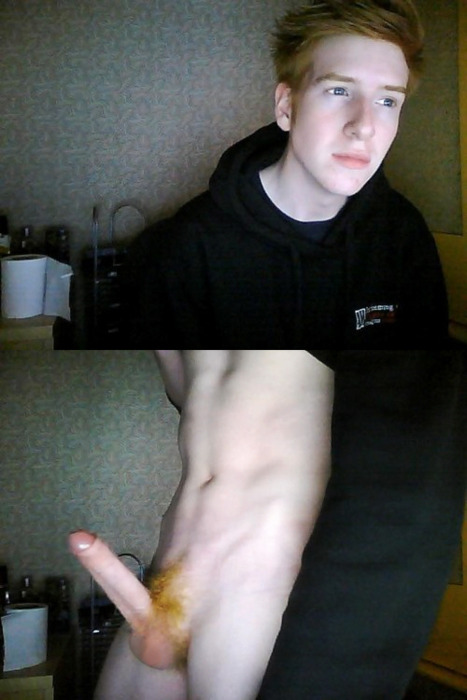
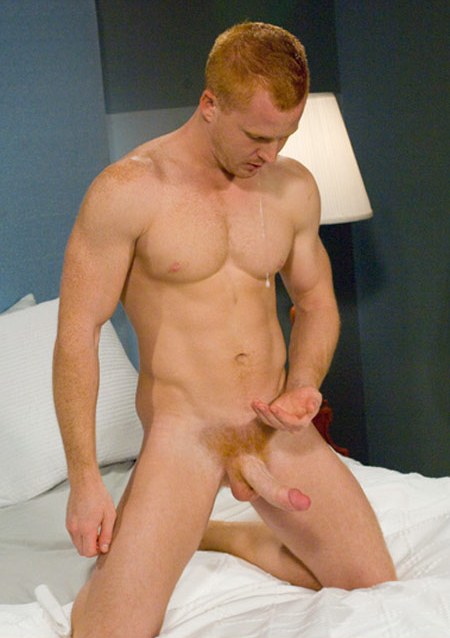

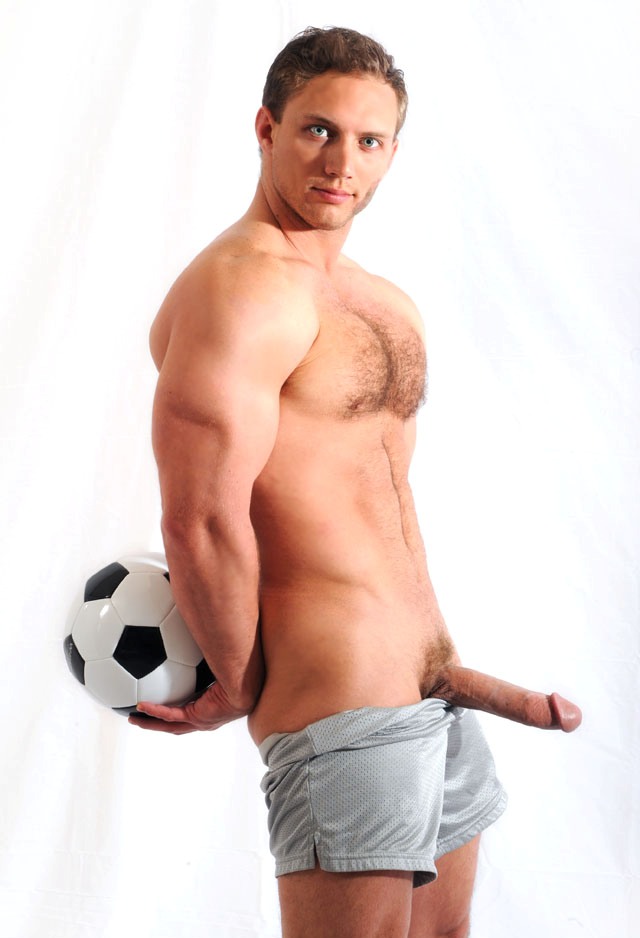

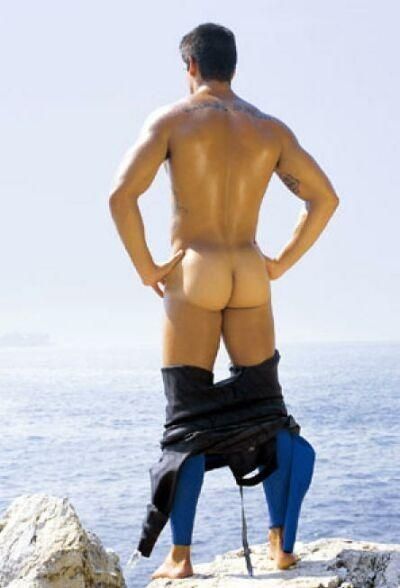
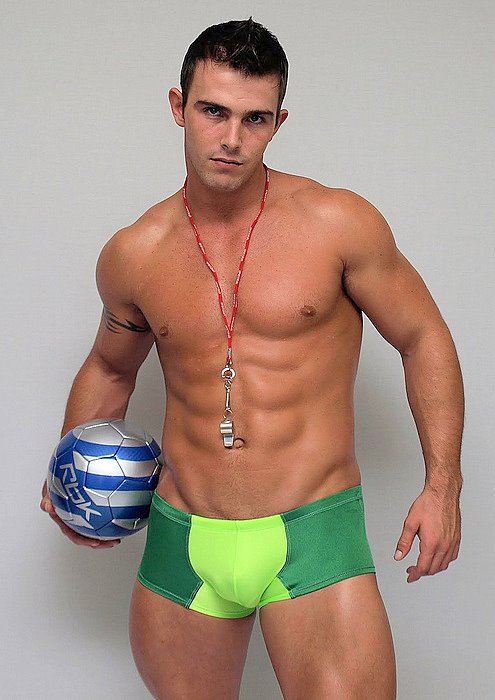
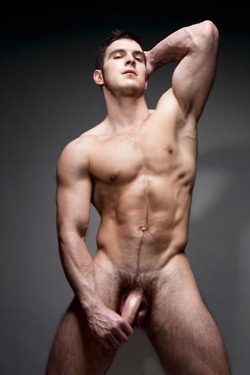
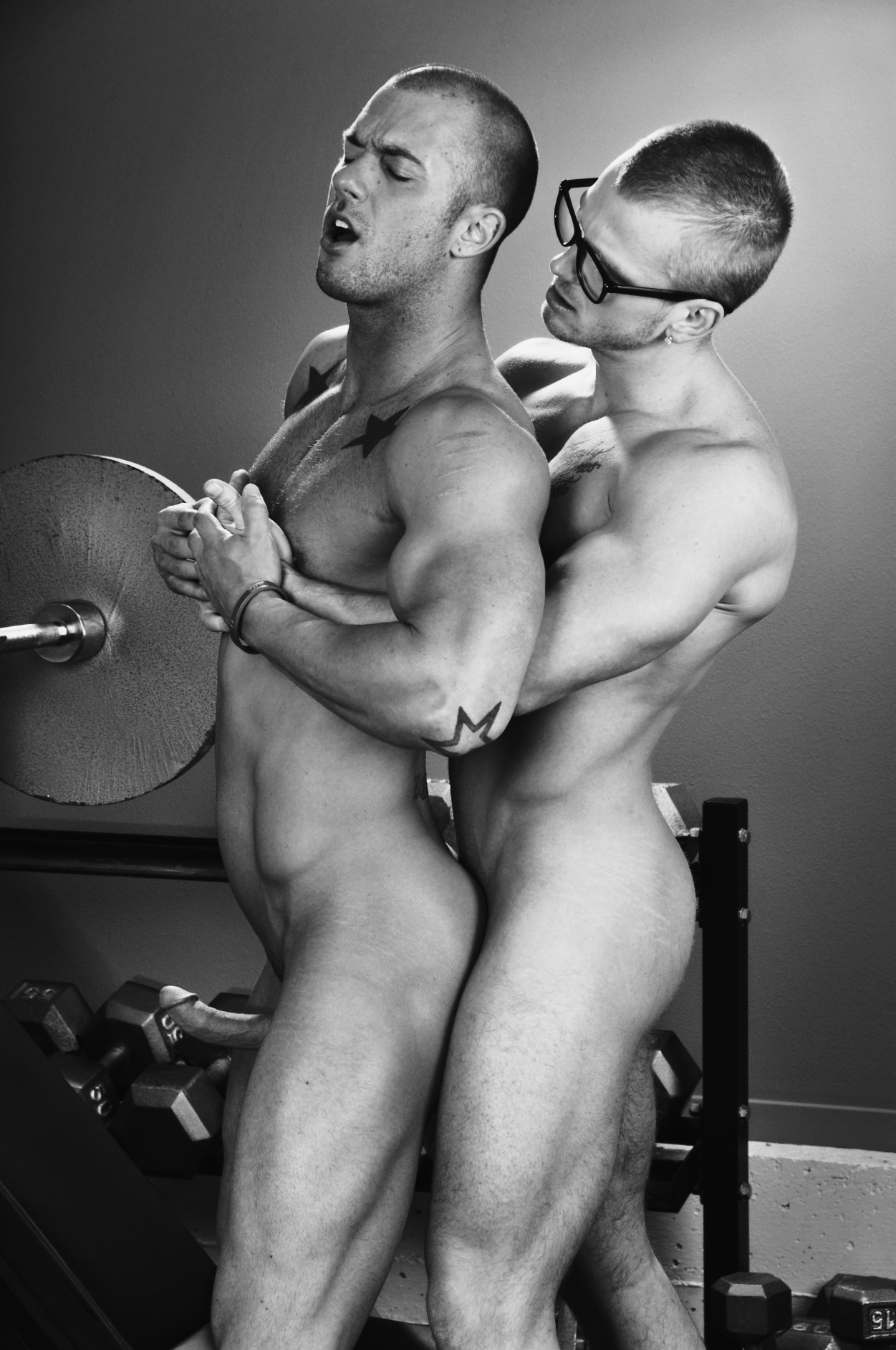
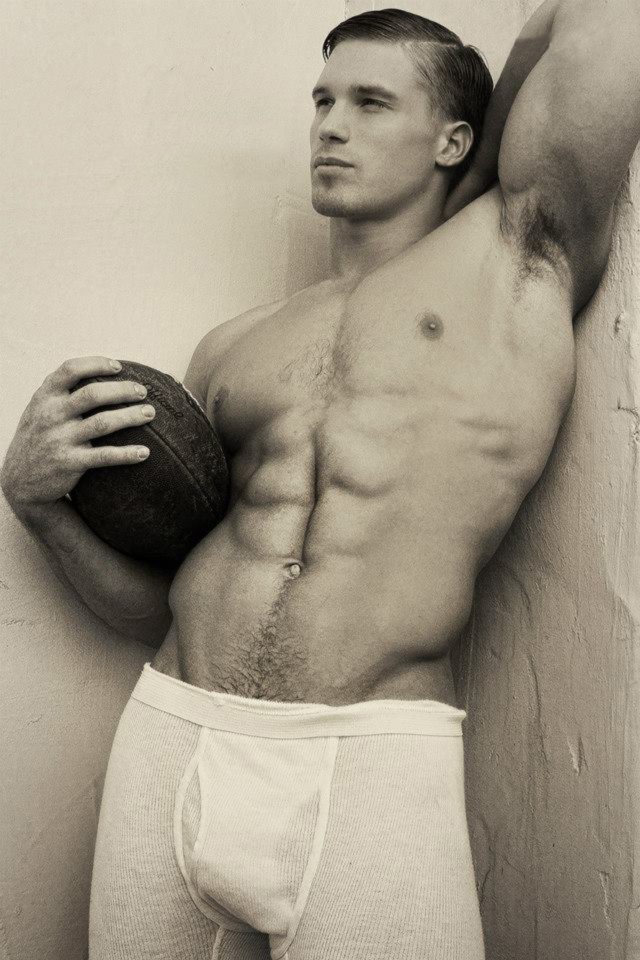
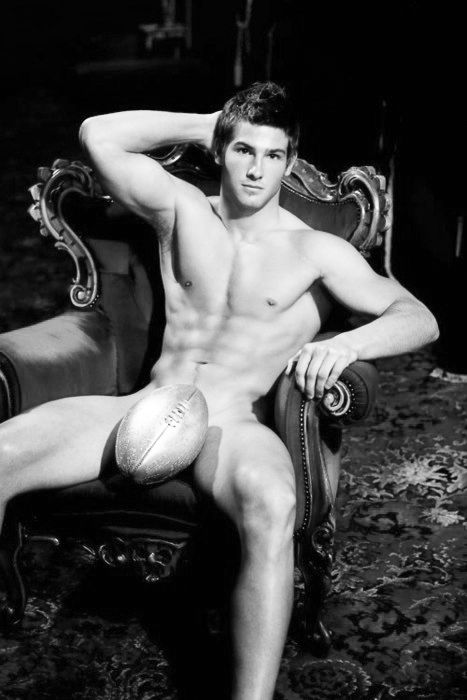
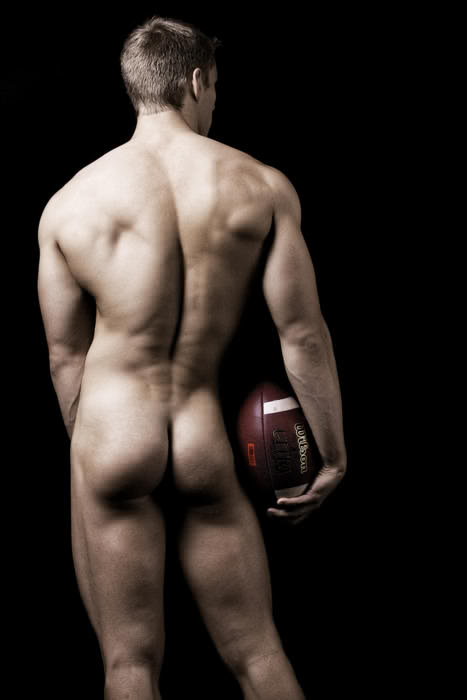
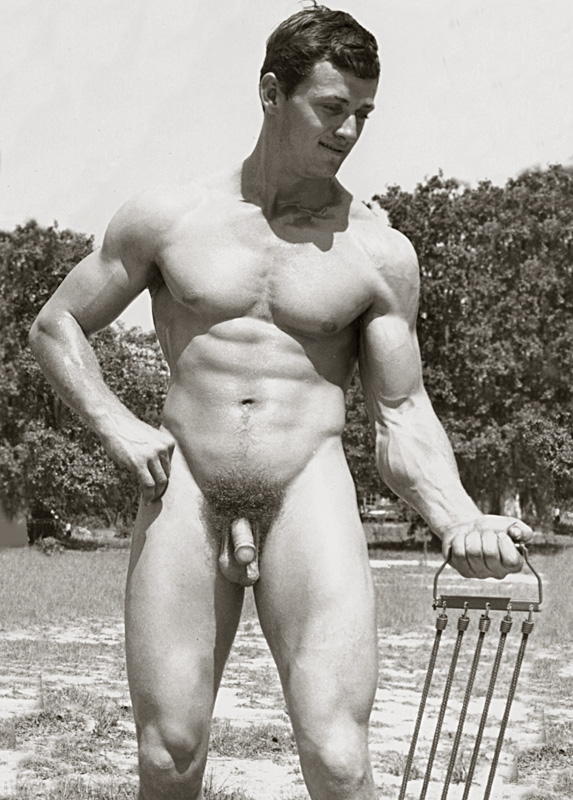
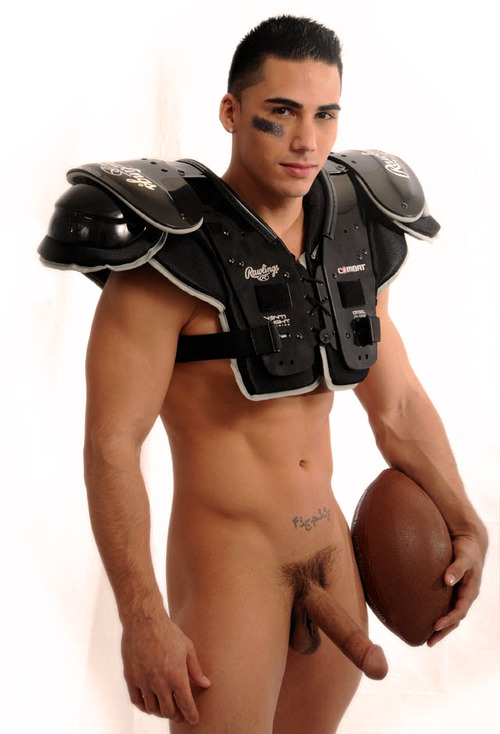

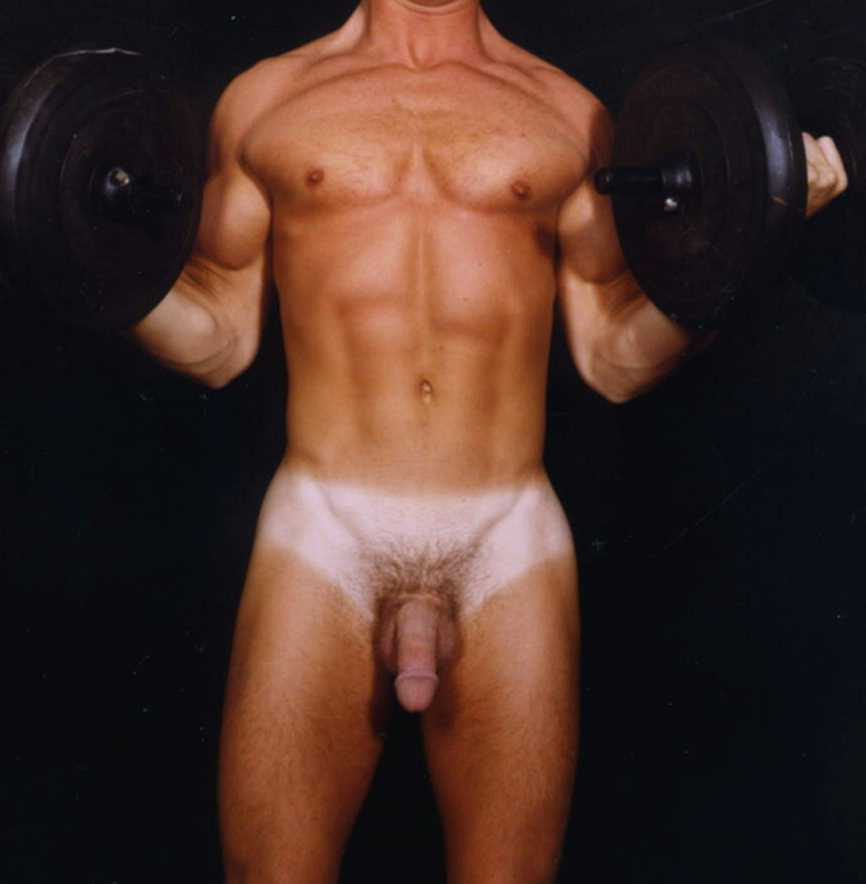
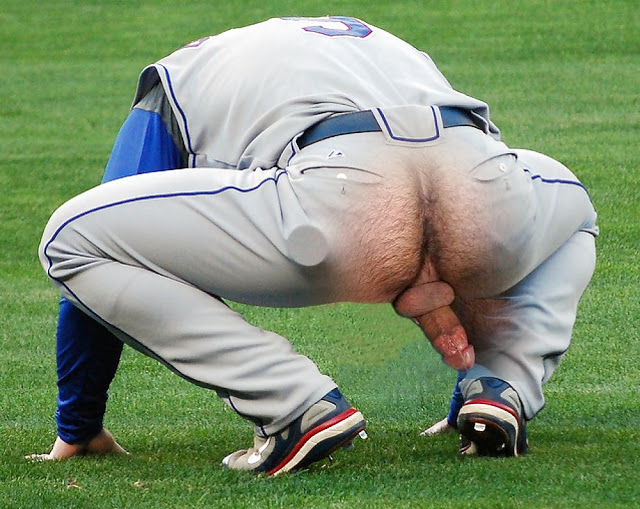
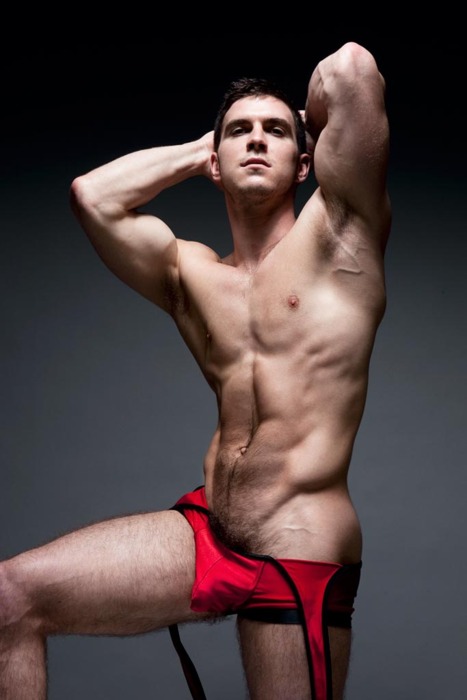
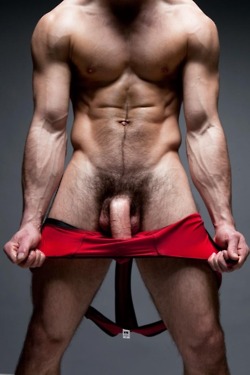
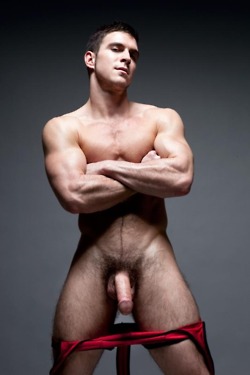
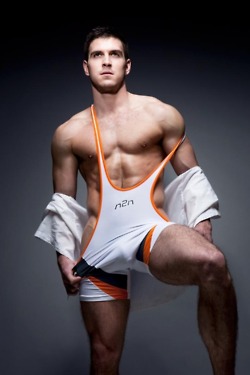
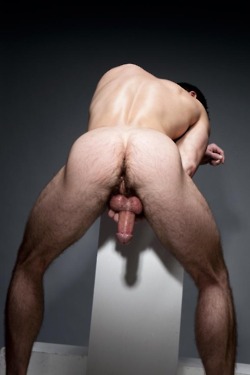
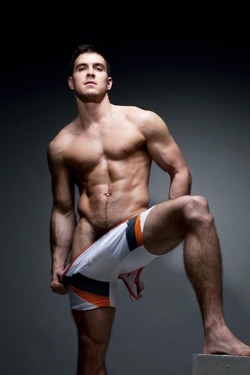
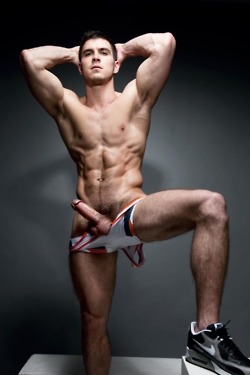
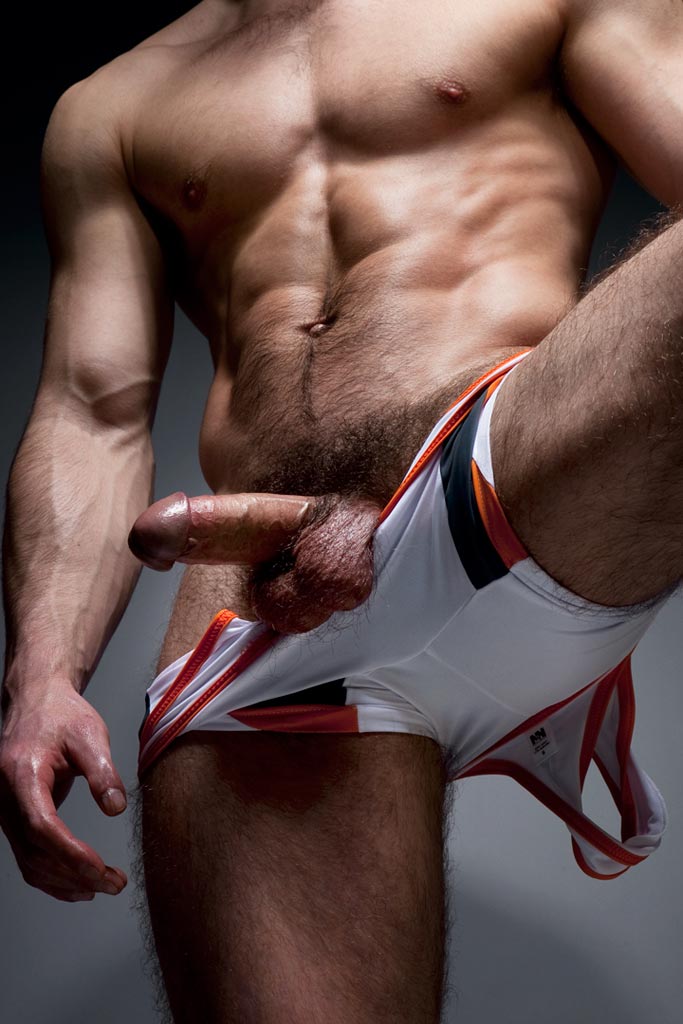
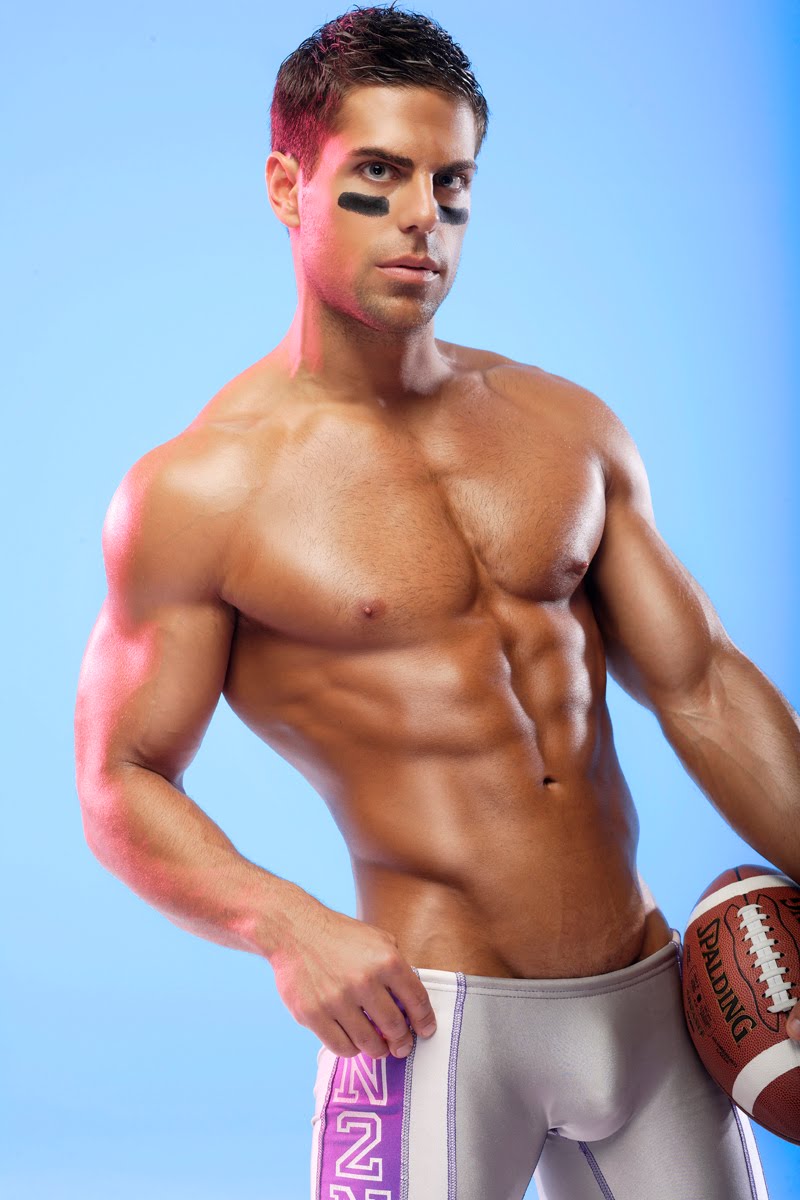
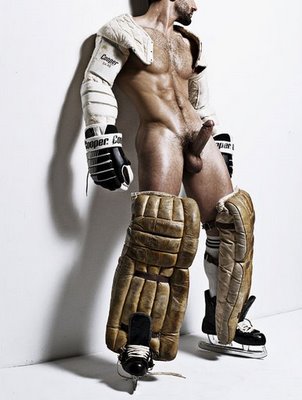
.jpg)
.jpg)
.jpg)
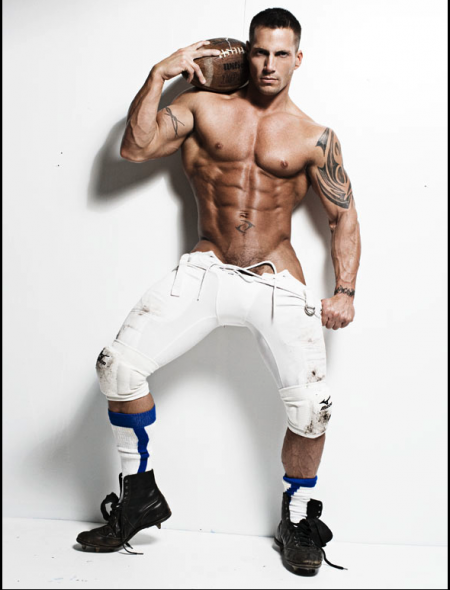
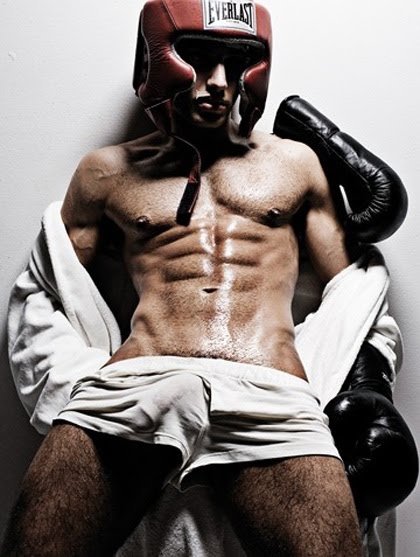
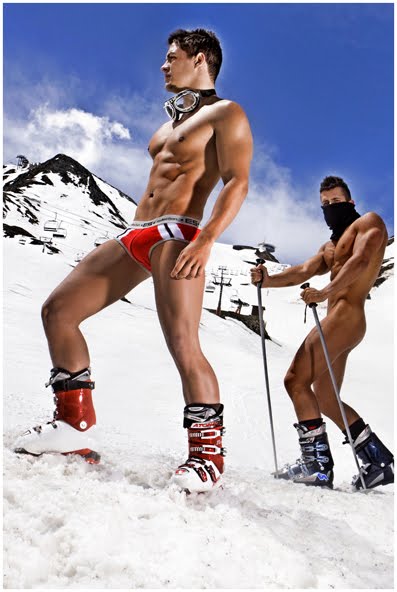
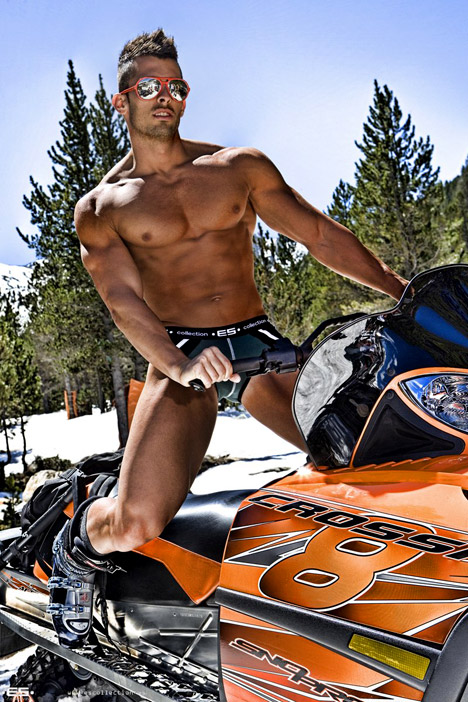
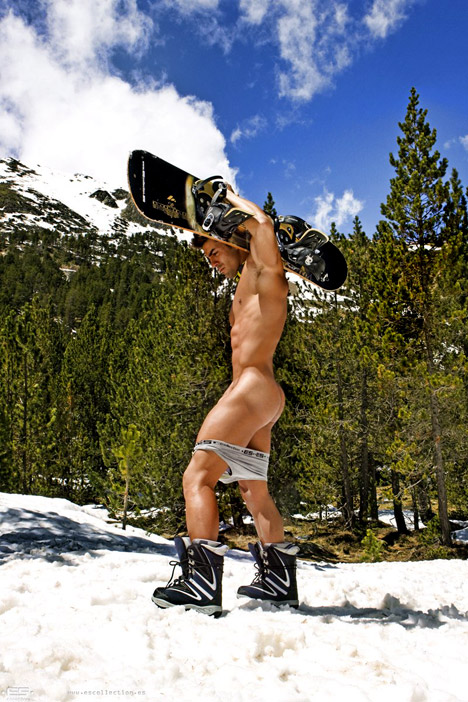
![01 a collection of men_blogspot_com l[1].jpg](/uploads/_imported_attachments/migrated/55968_01%20a%20collection%20of%20men_blogspot_com%20%20l%5B1%5D.jpg)
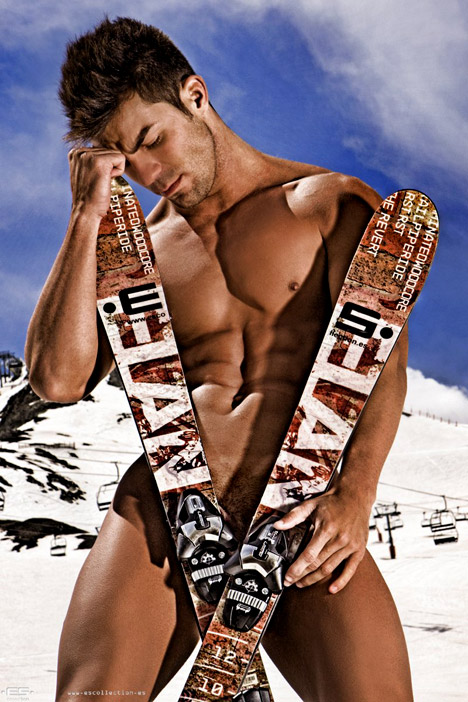
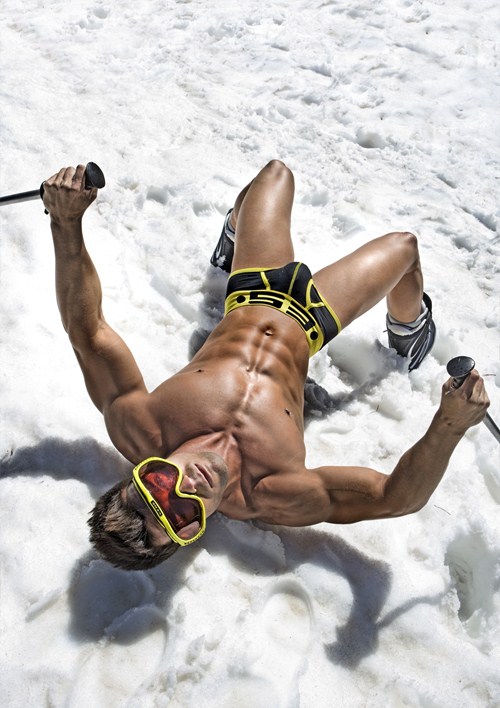
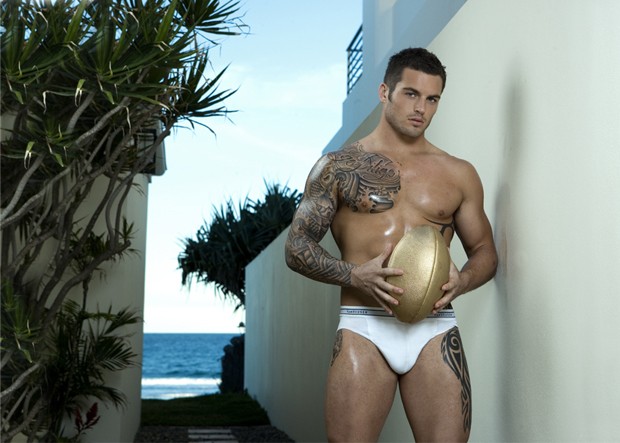
.jpg)
.jpg)
.jpg)
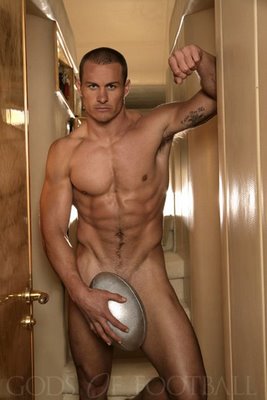
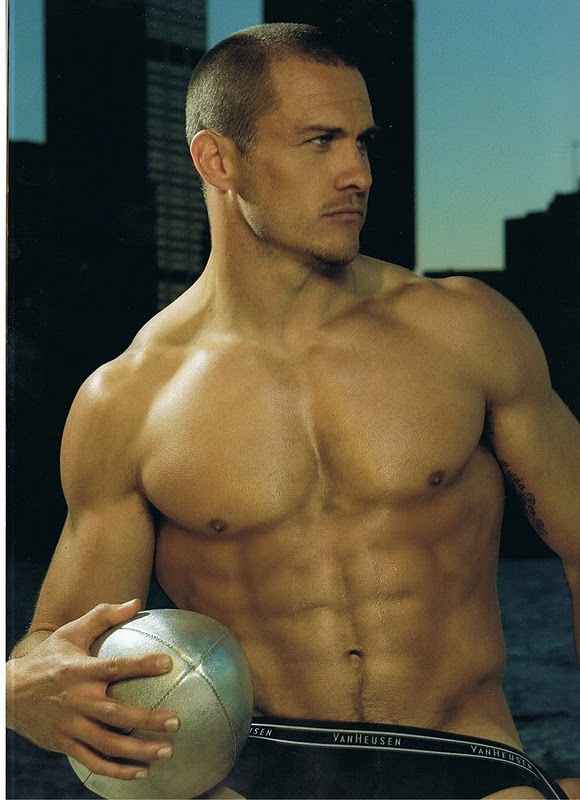
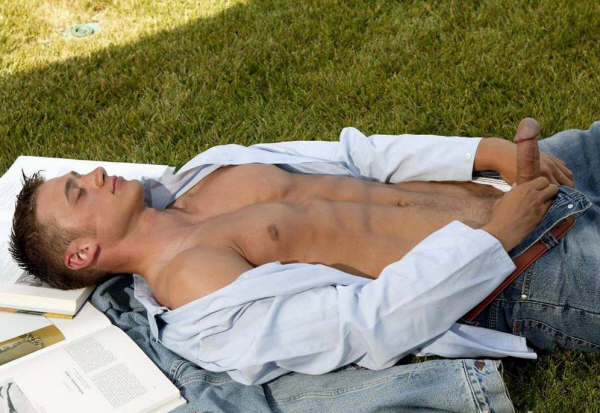
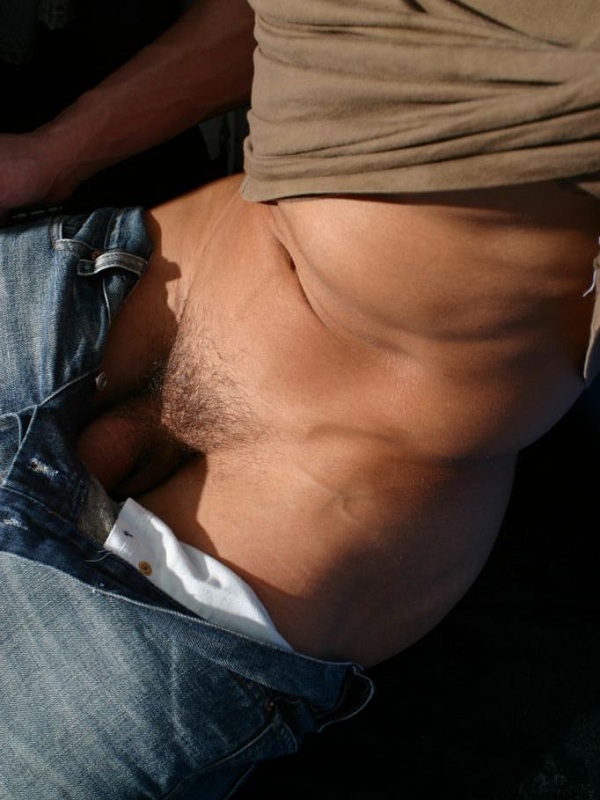
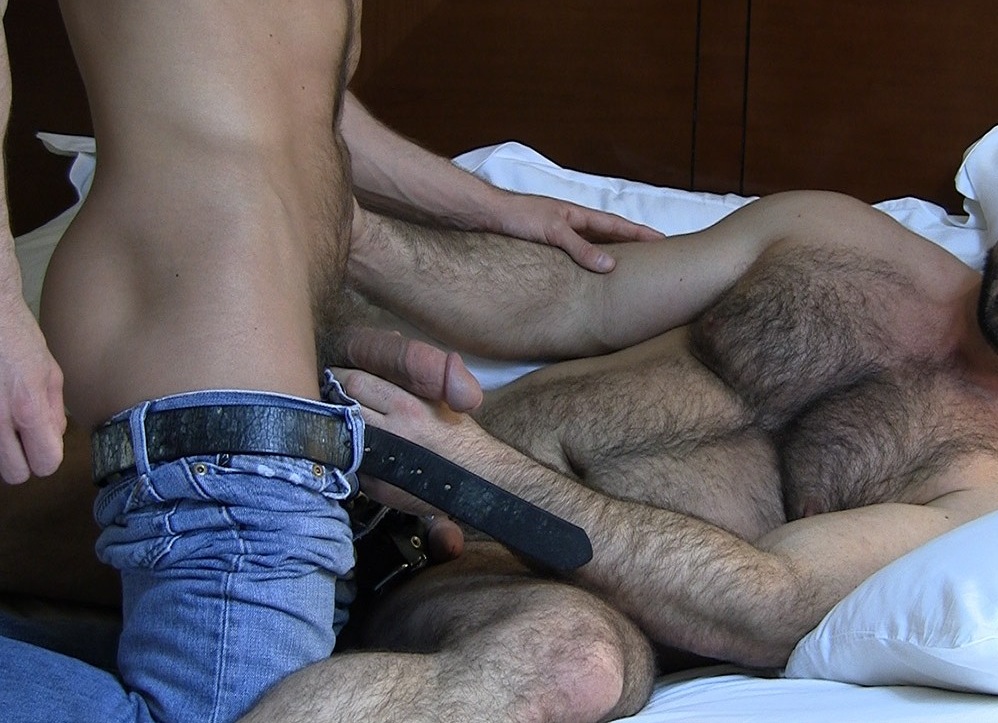
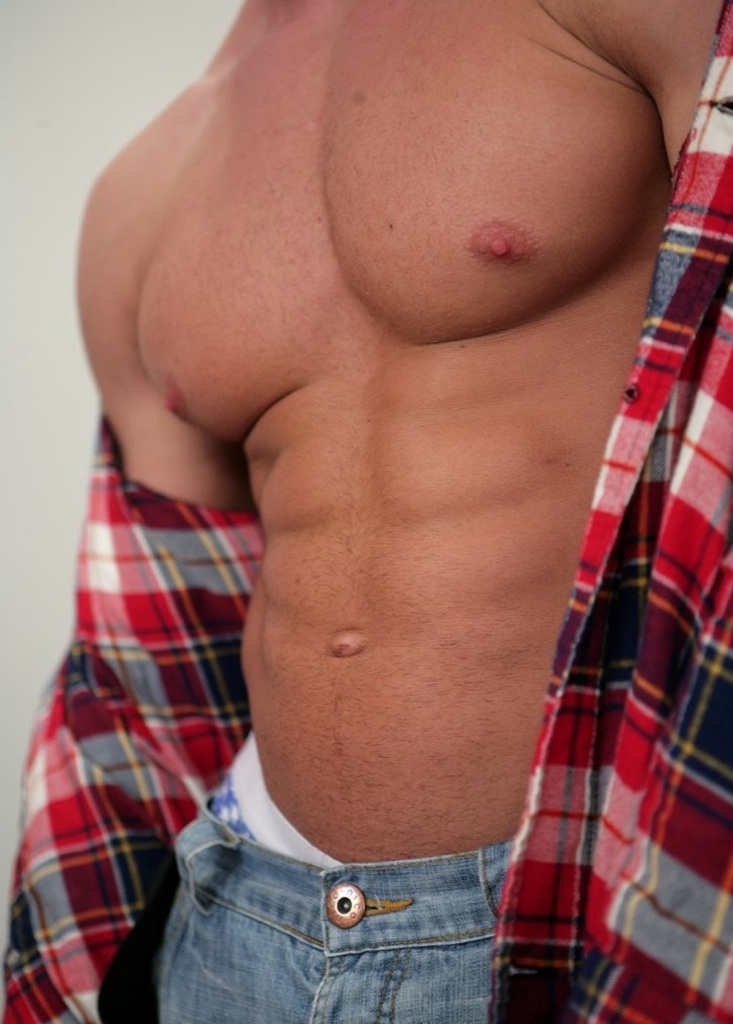
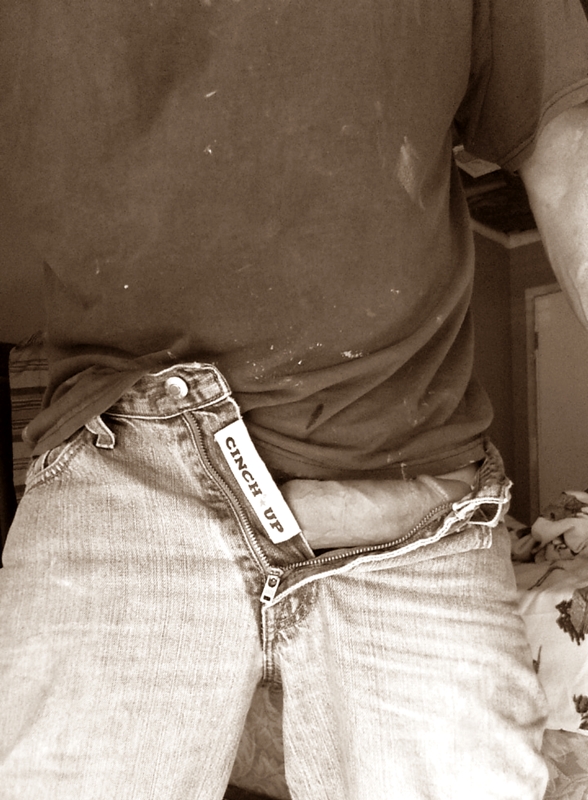
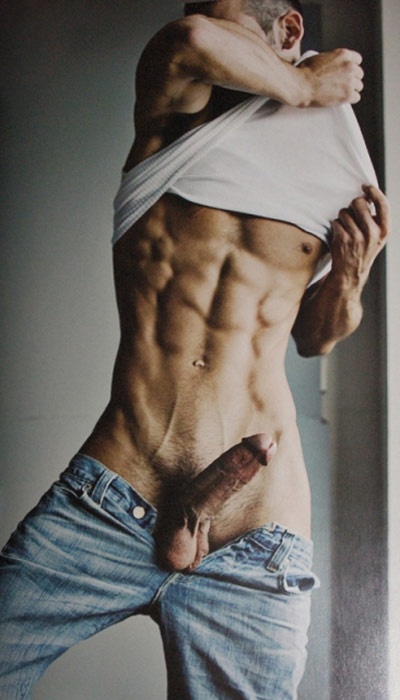
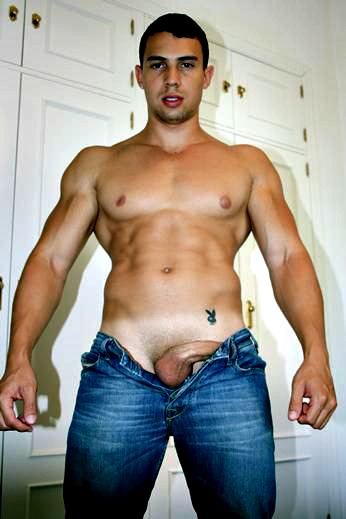
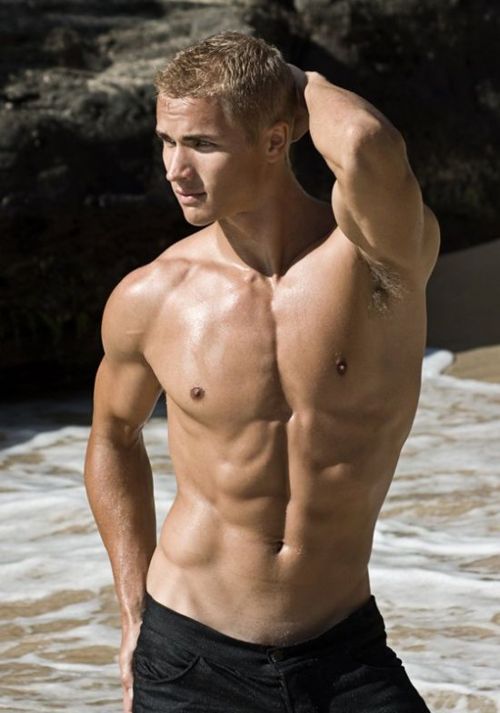
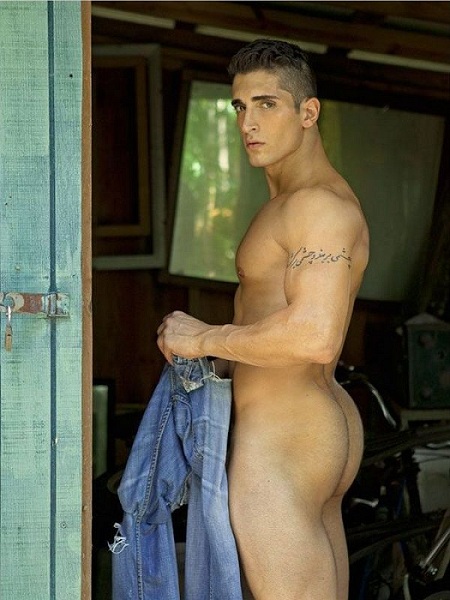
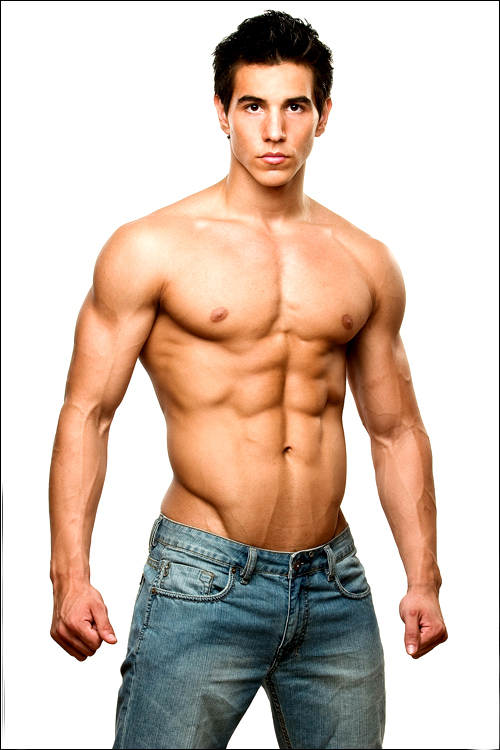
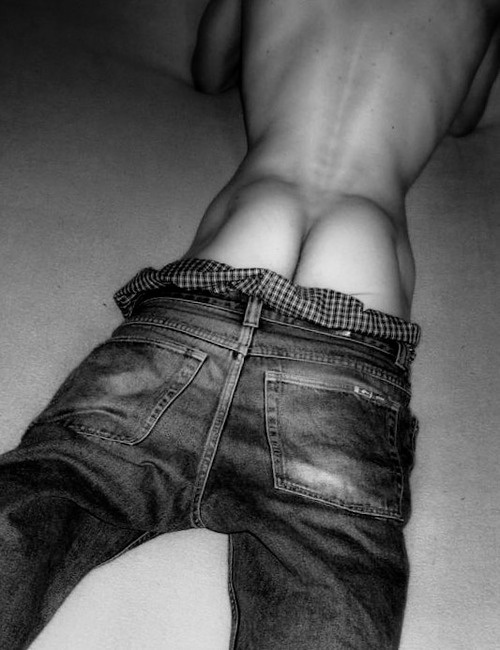
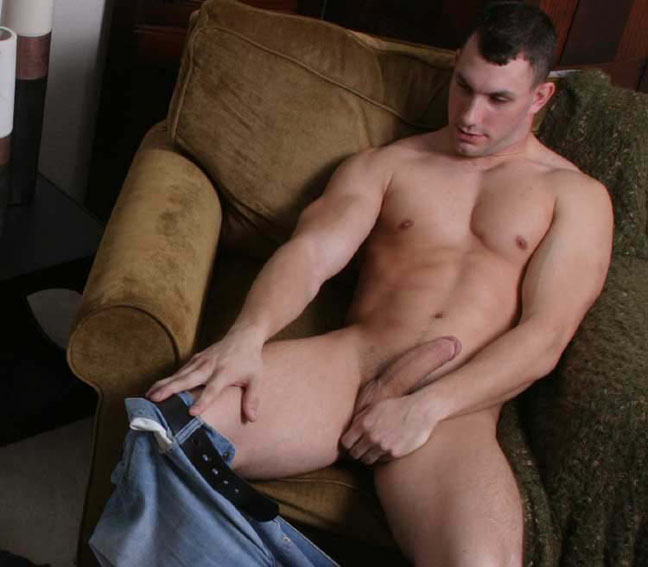
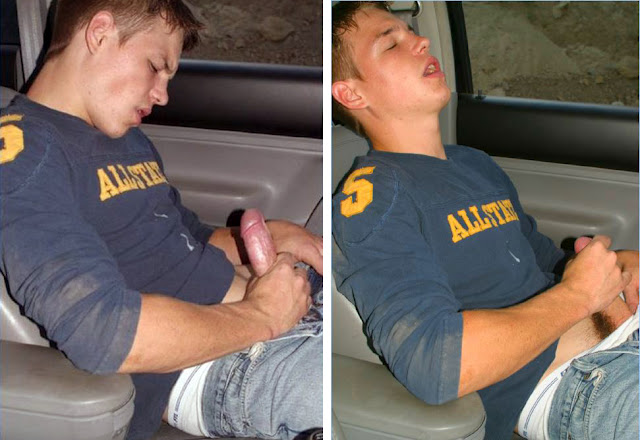
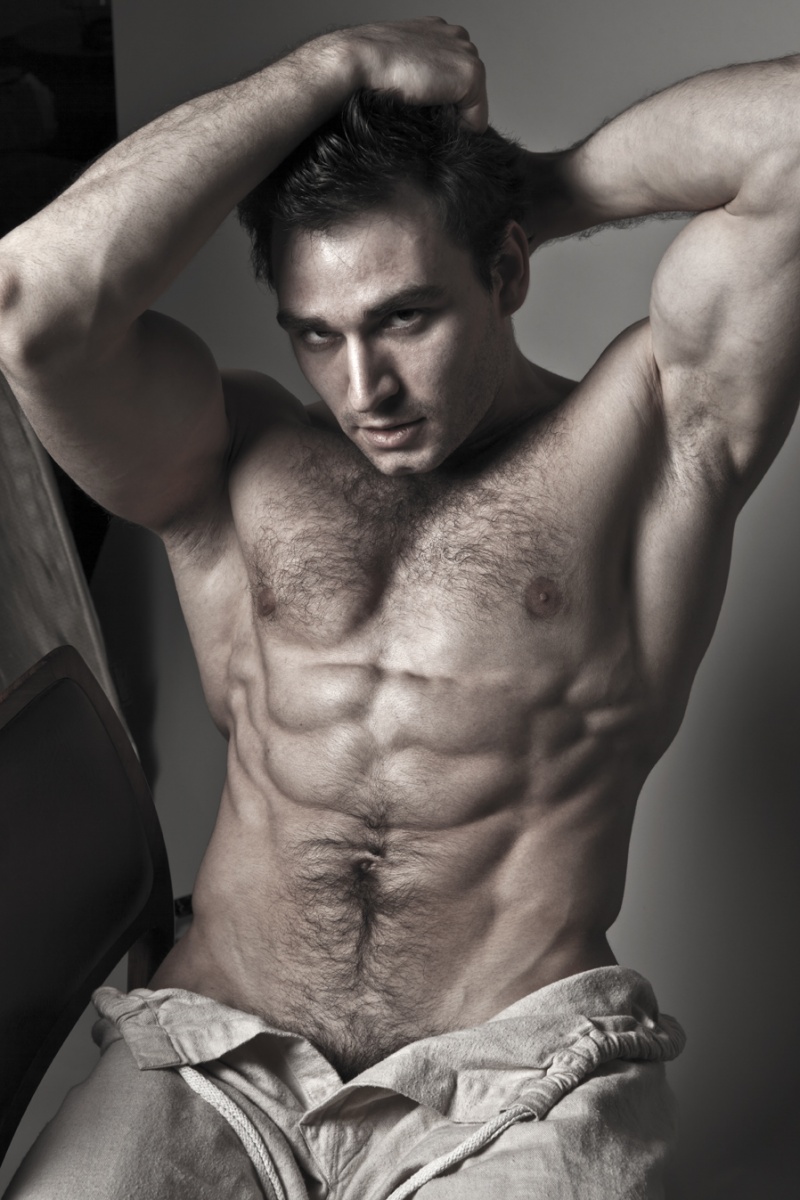
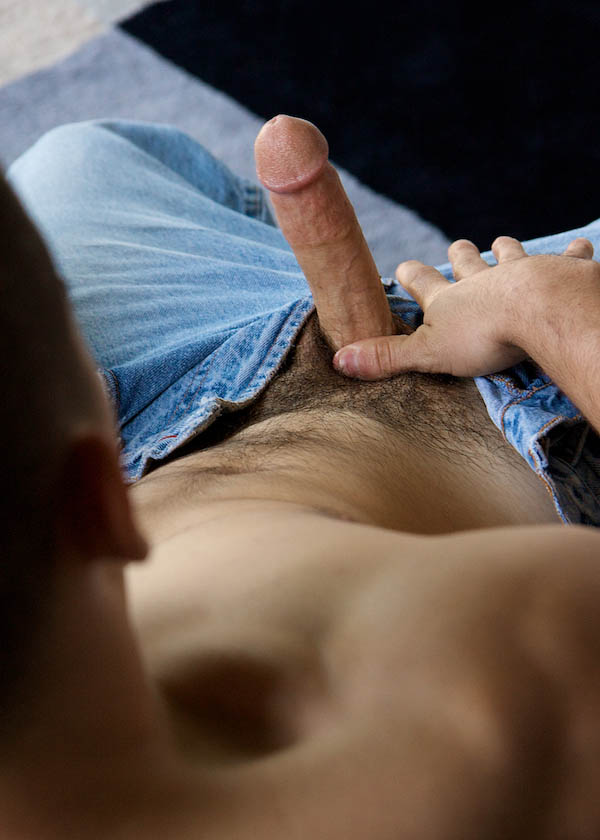
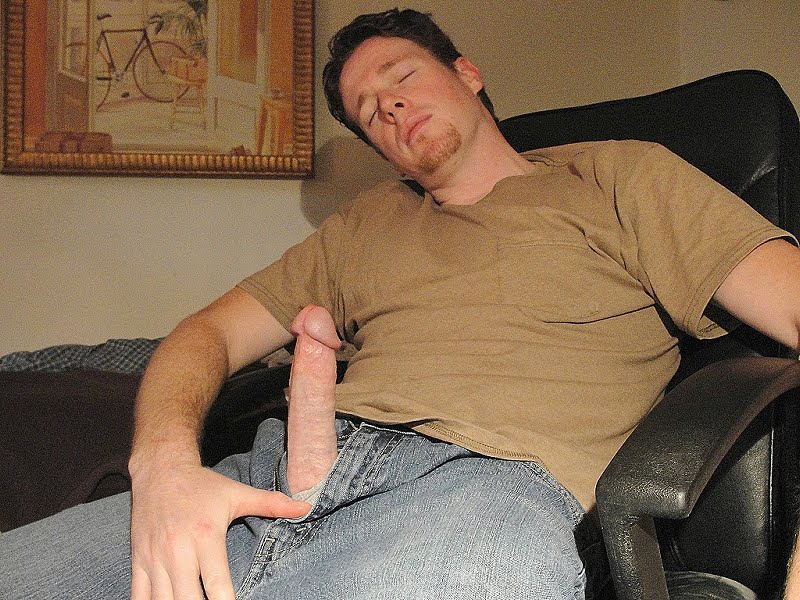
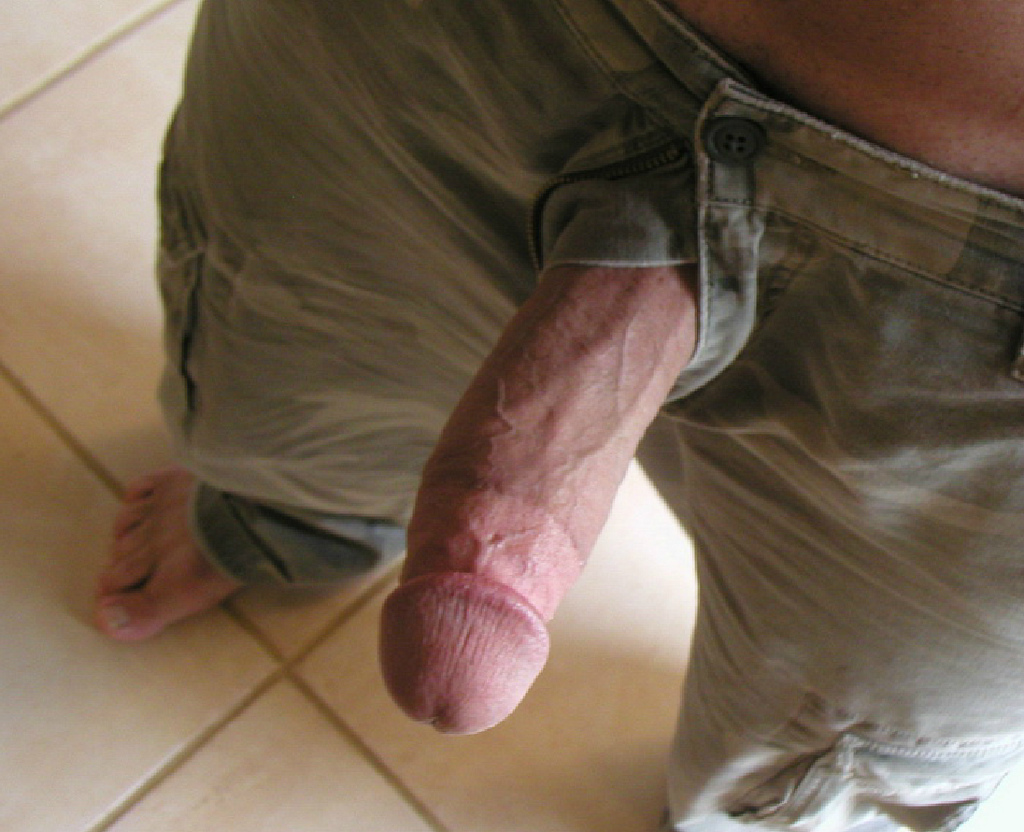
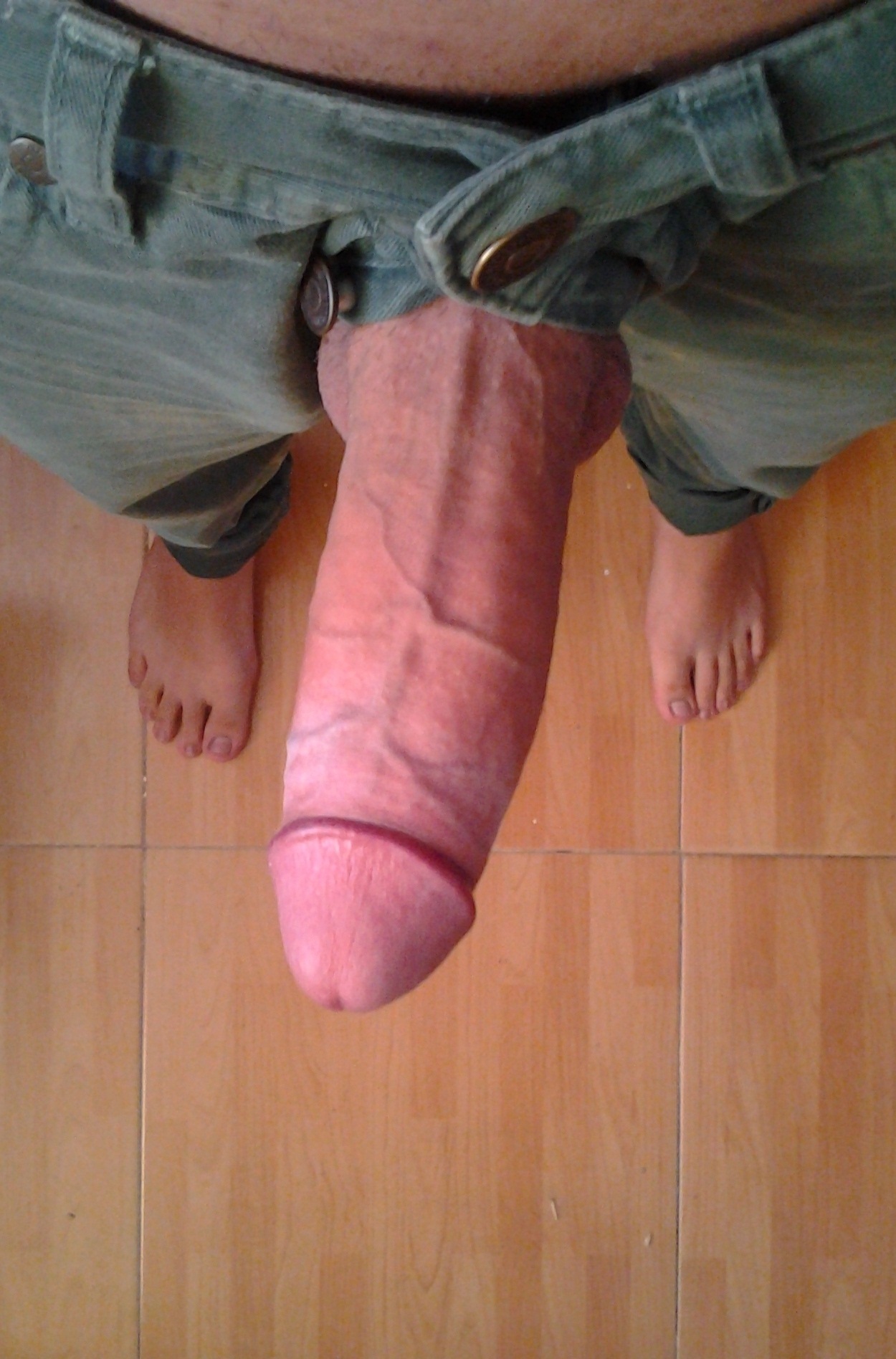
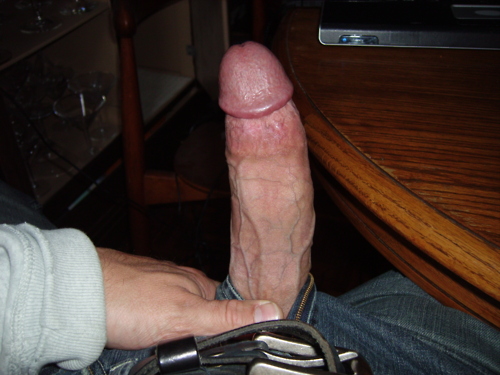
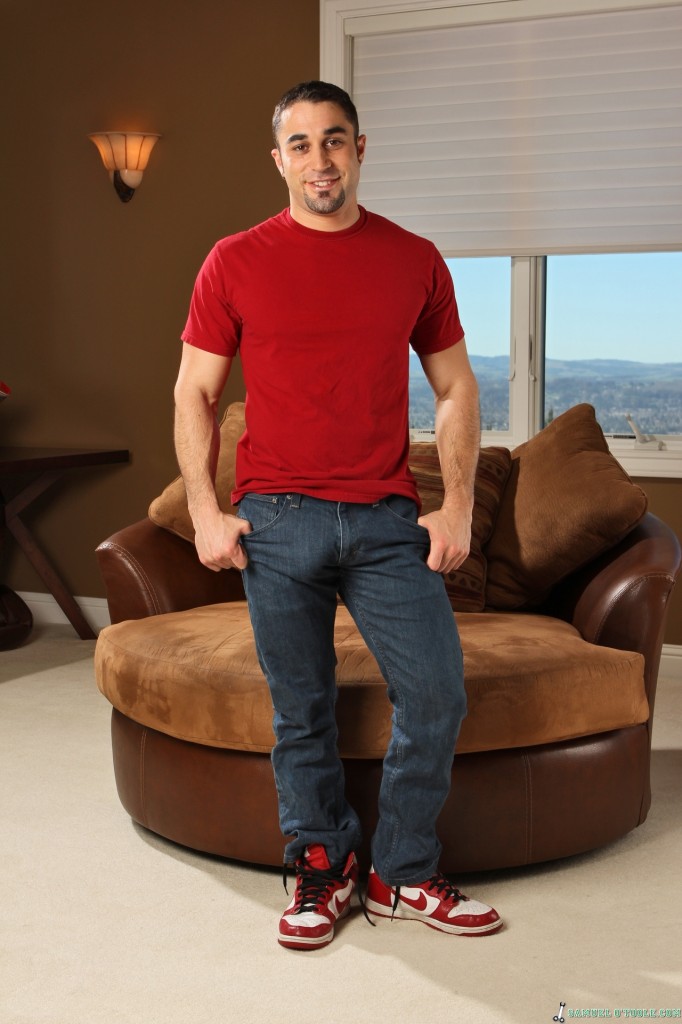
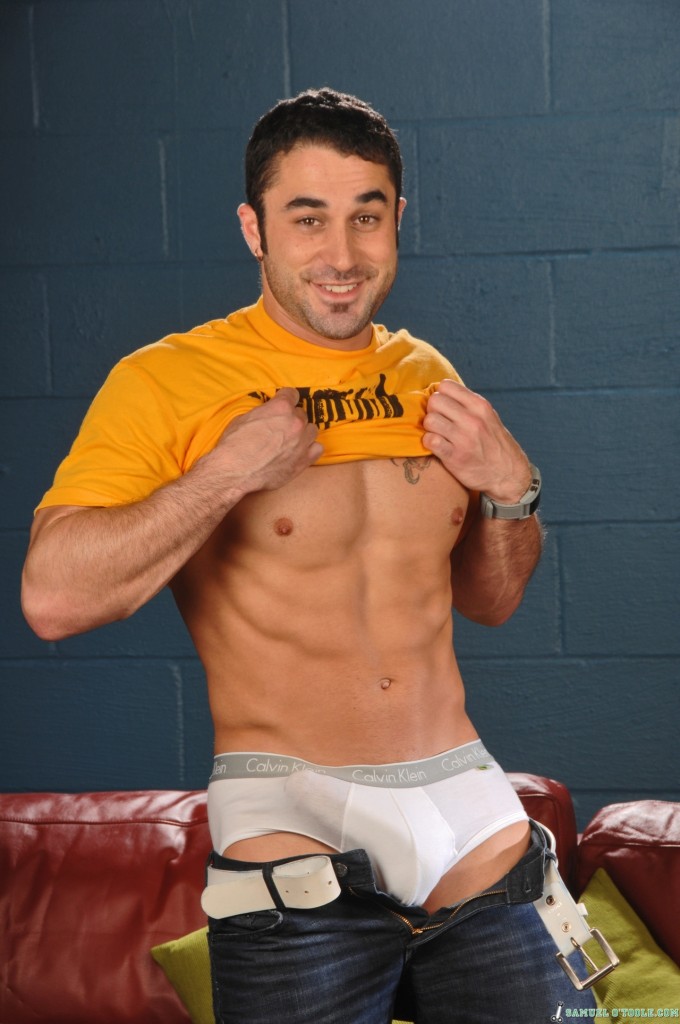
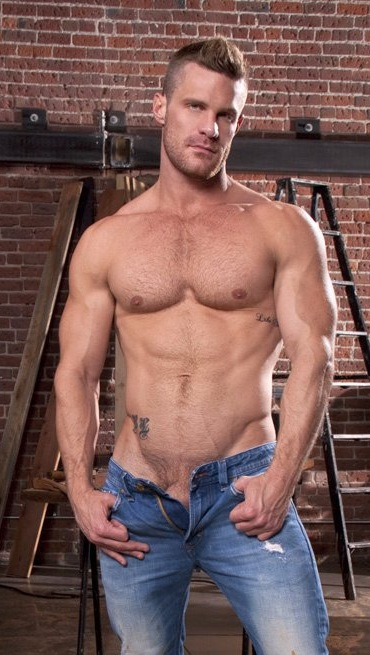
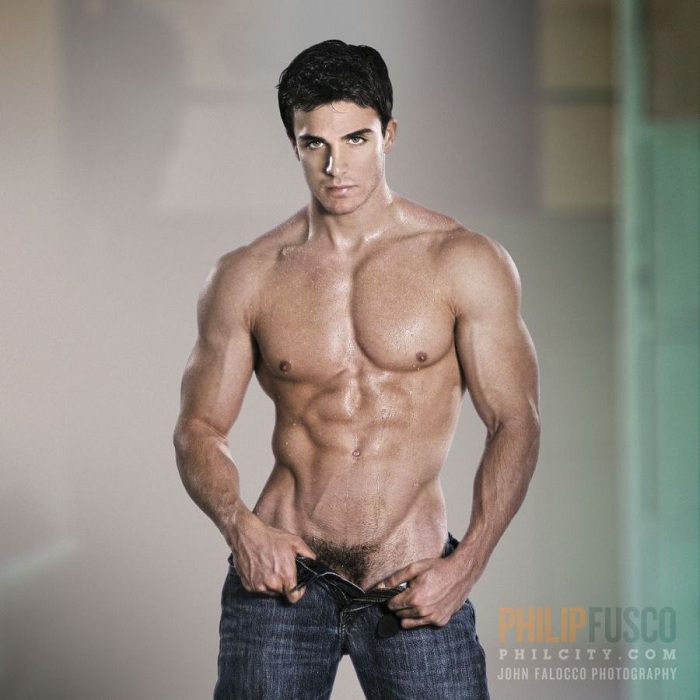
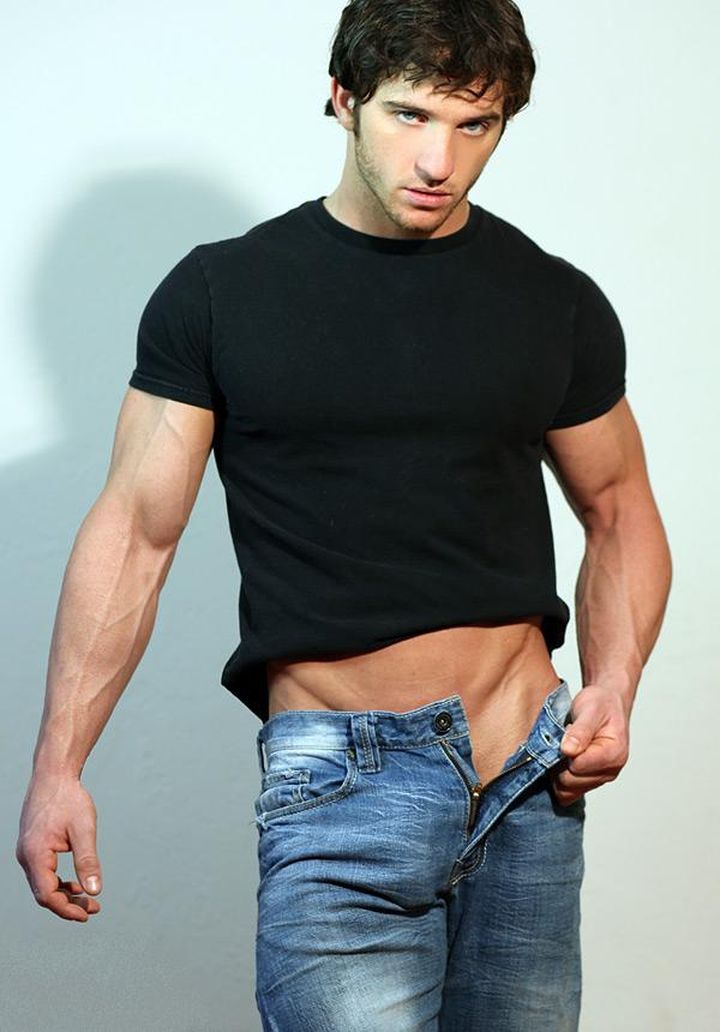
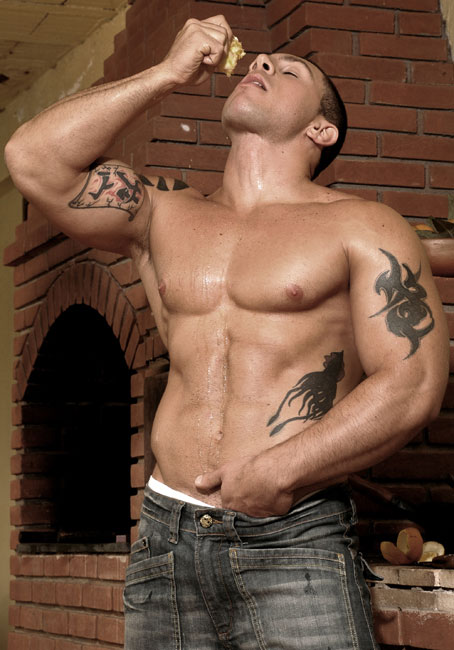
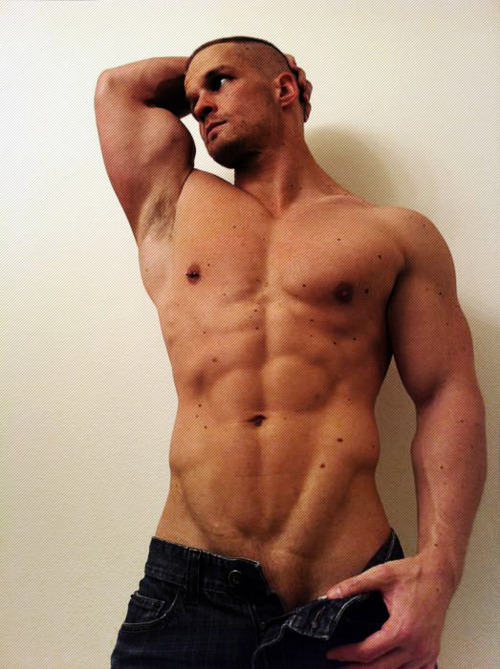
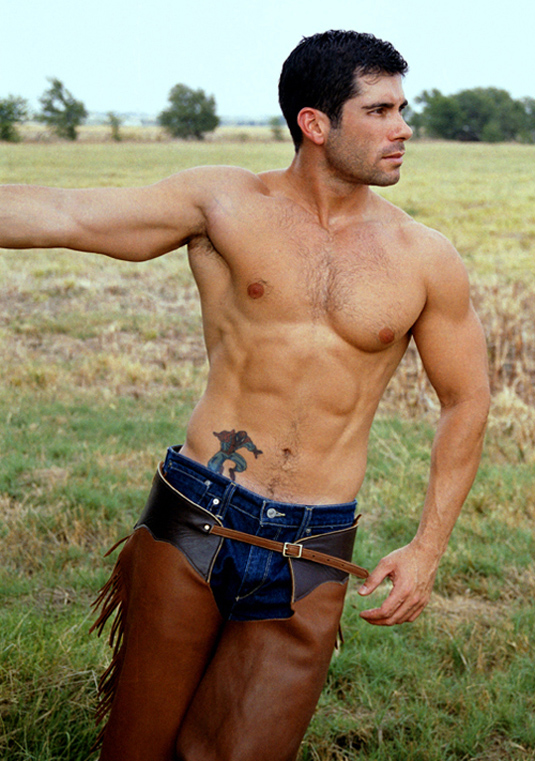
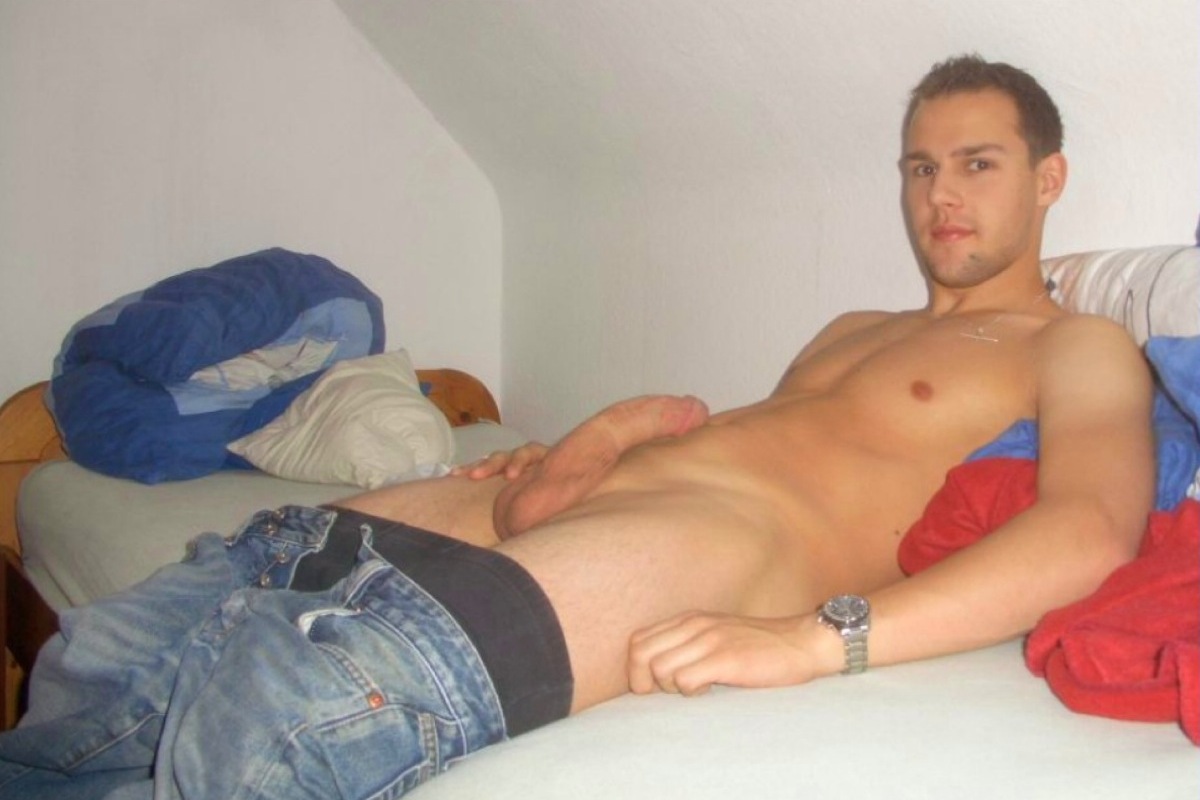
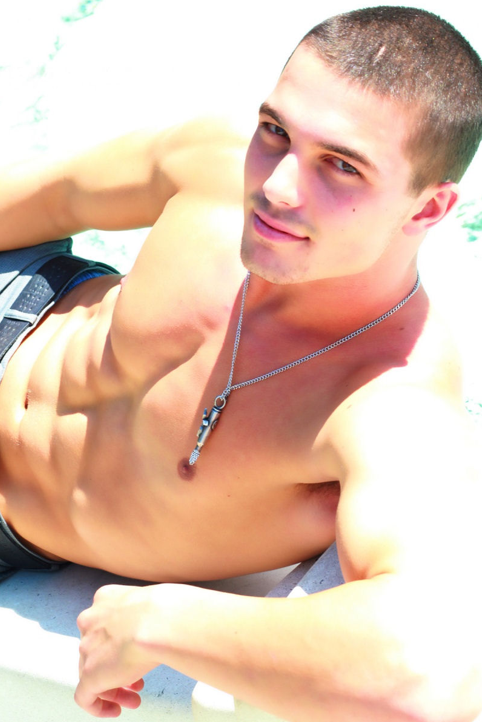
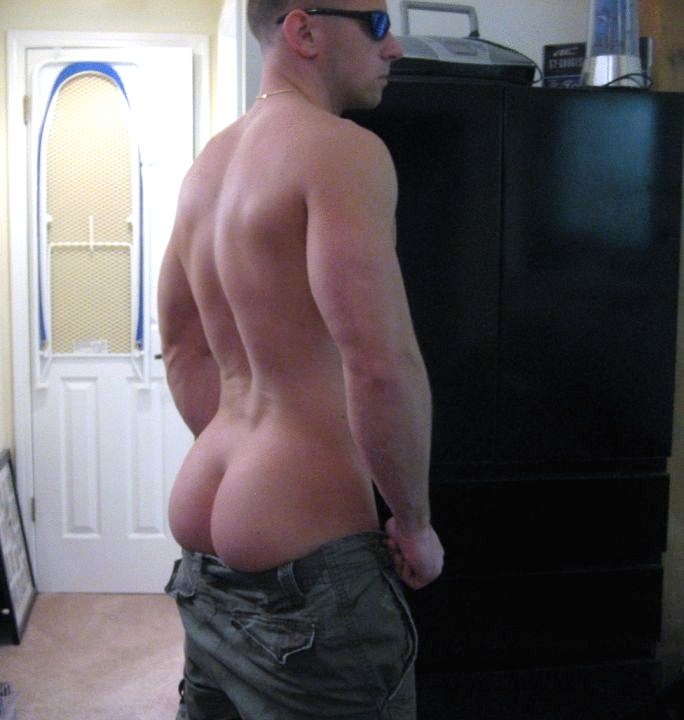
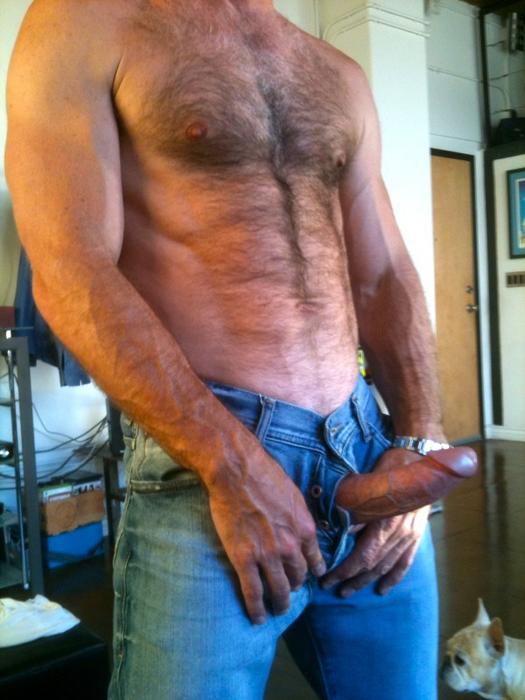

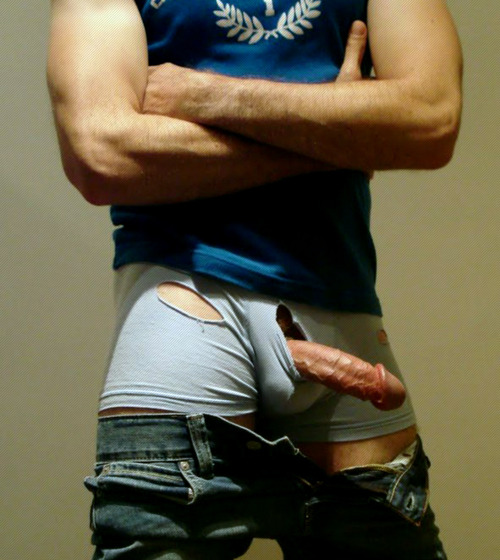
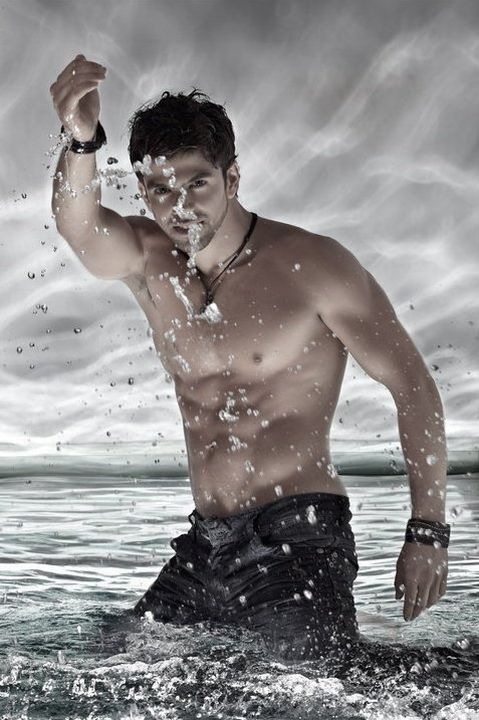
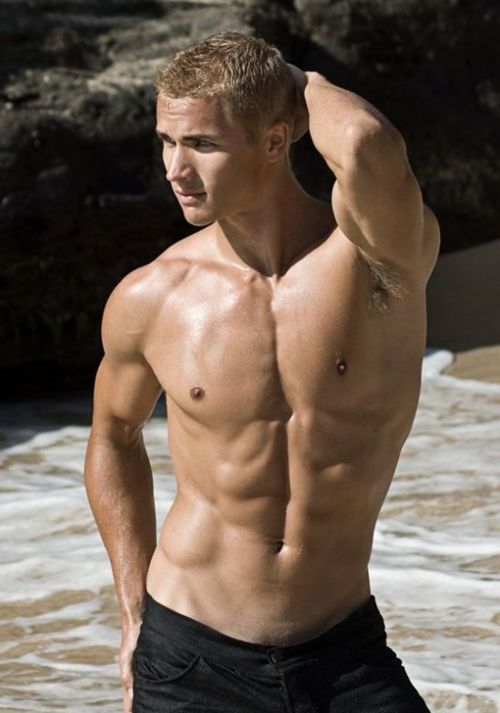
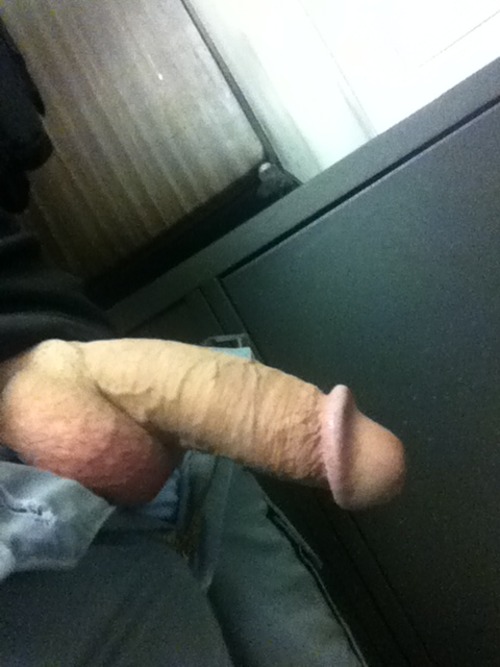
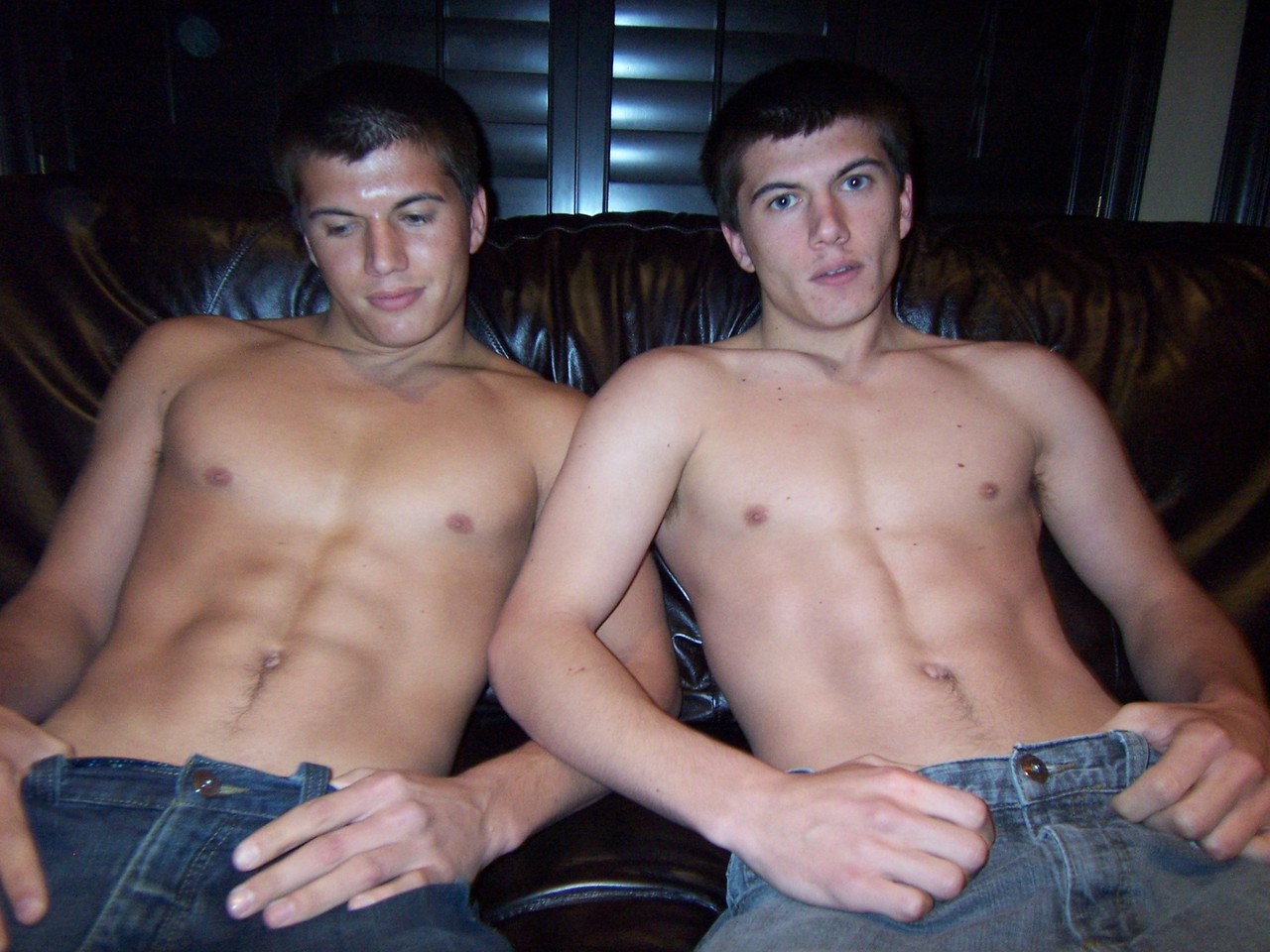
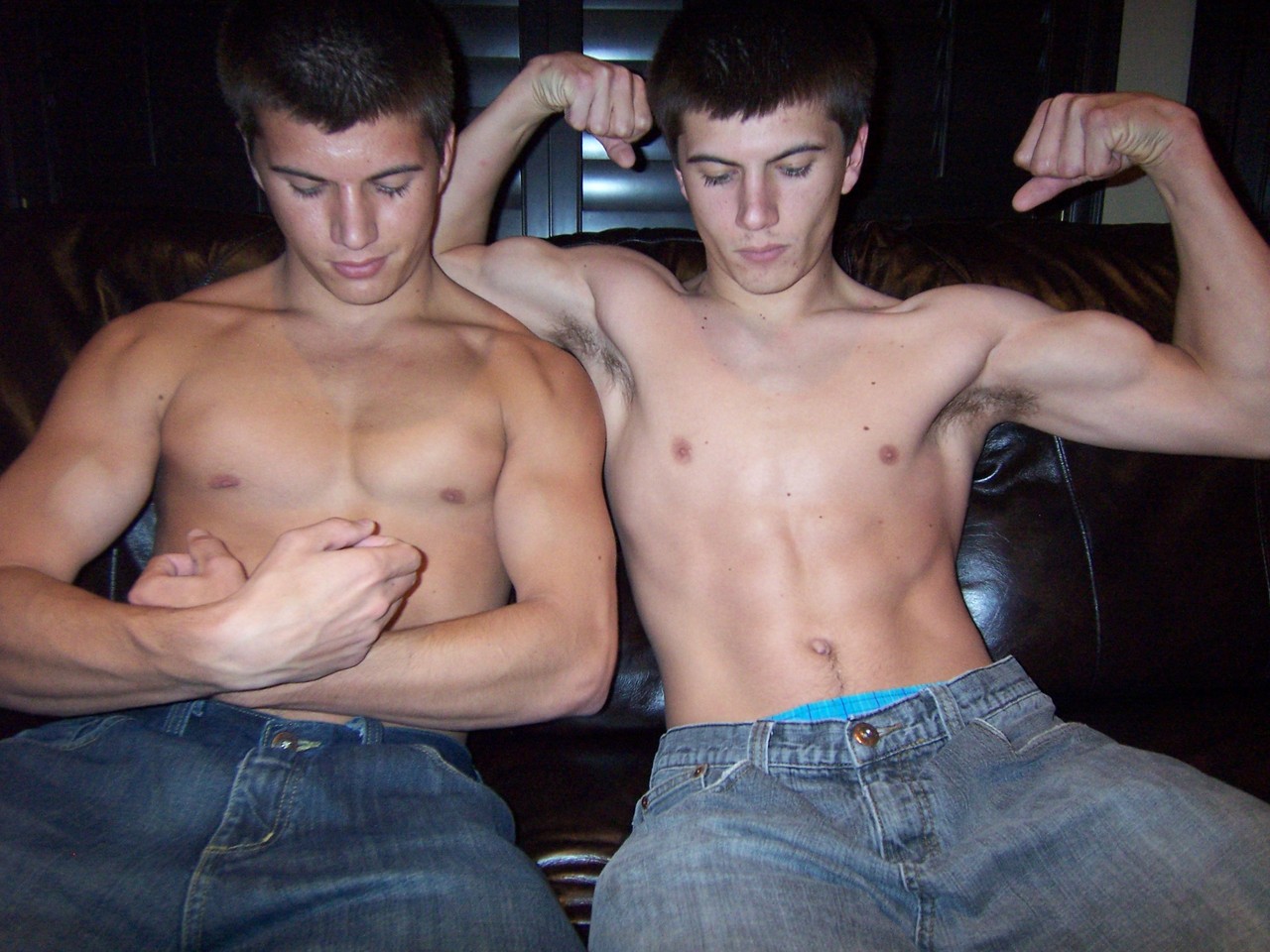
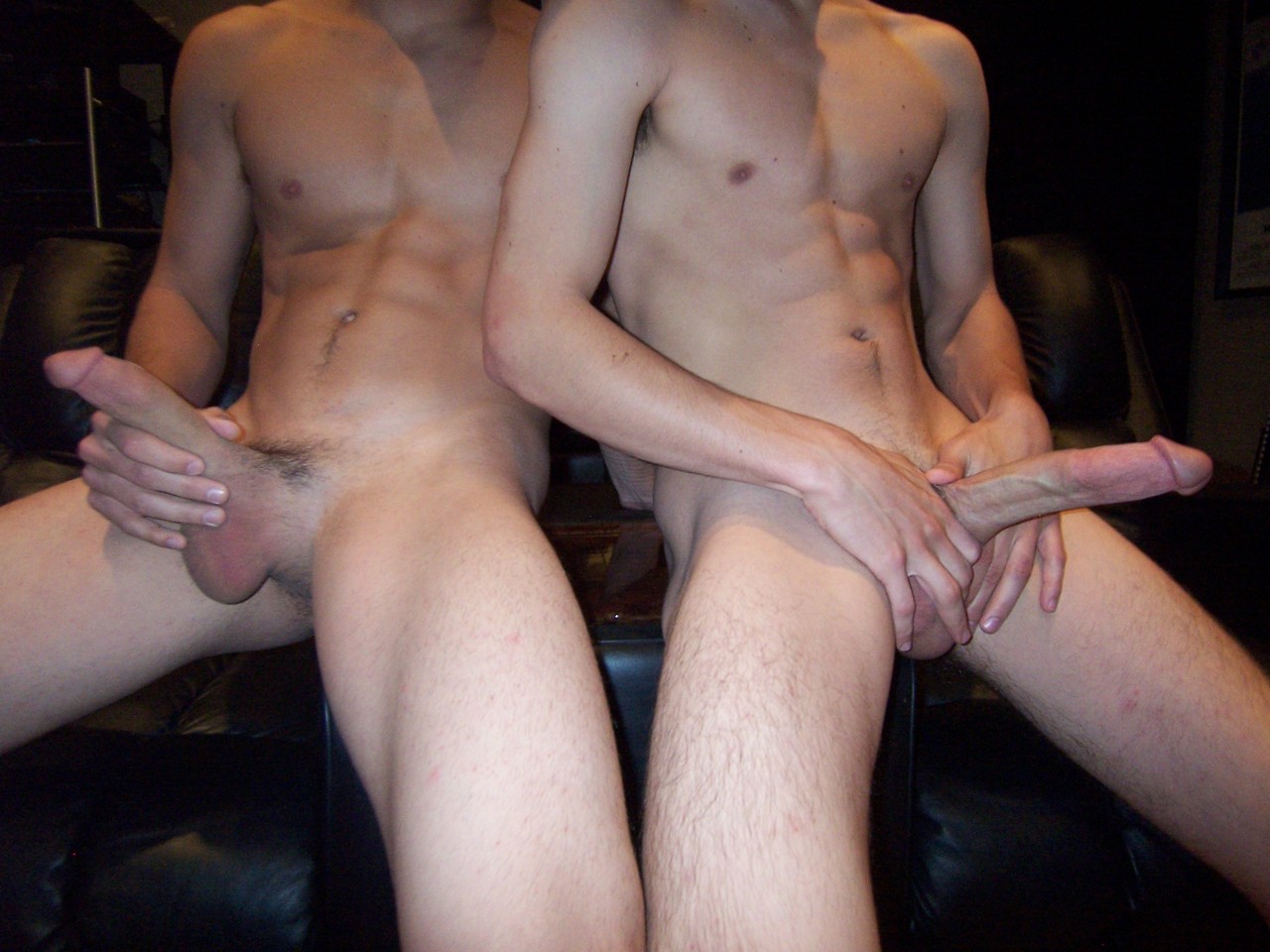
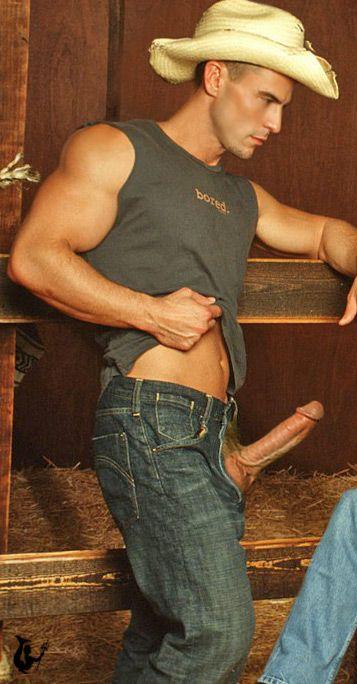
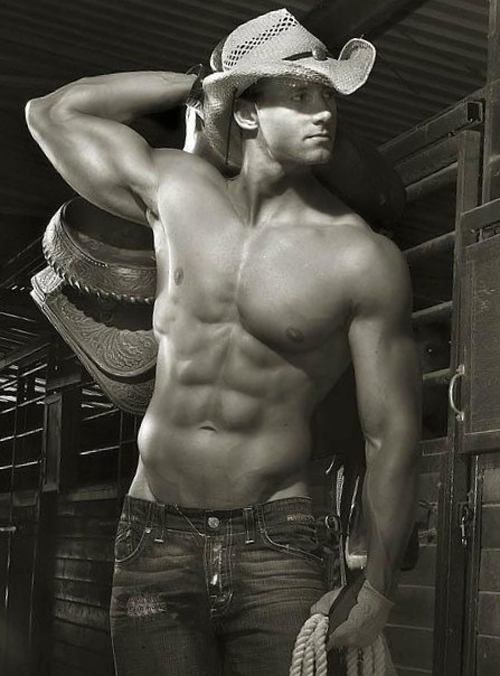
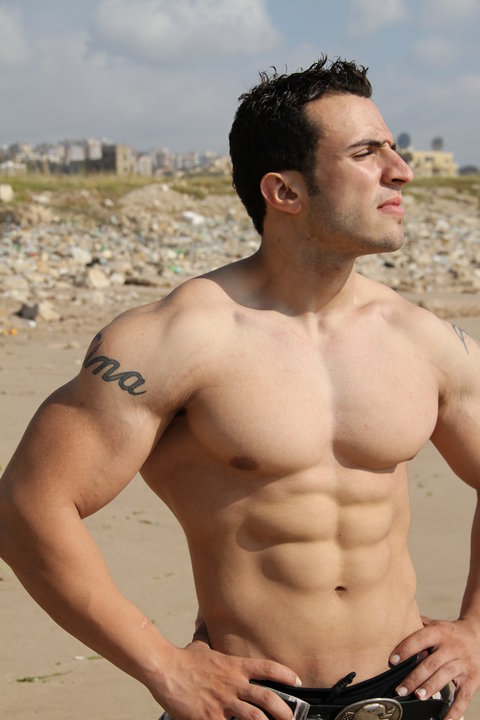
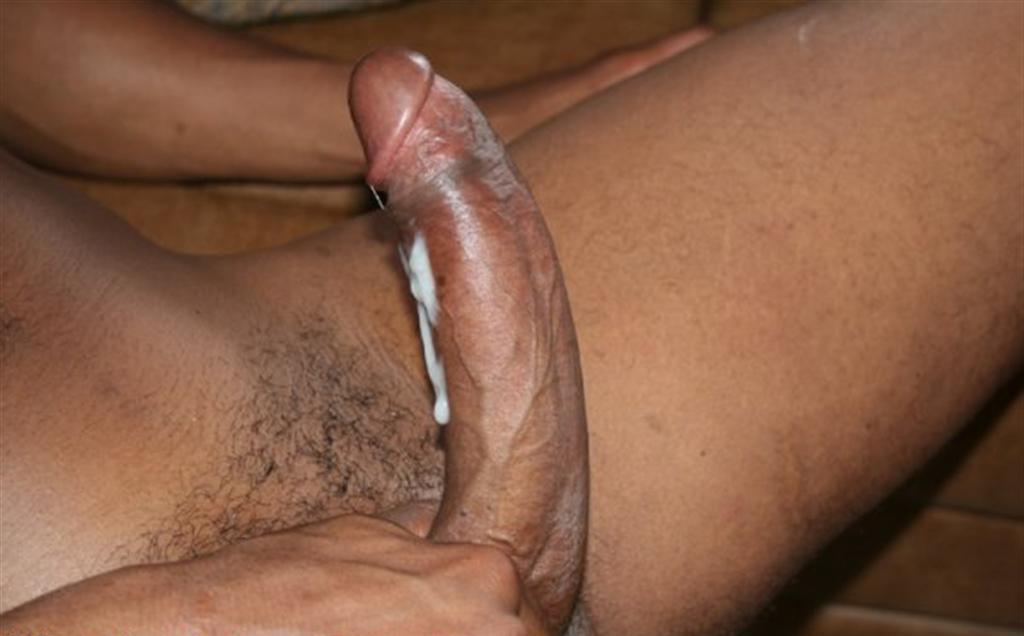
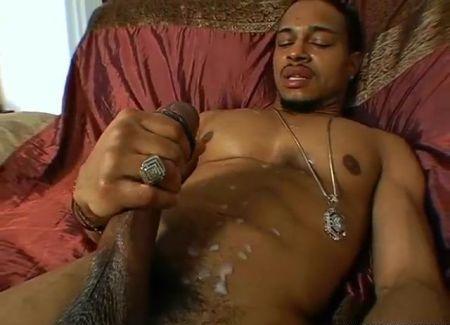
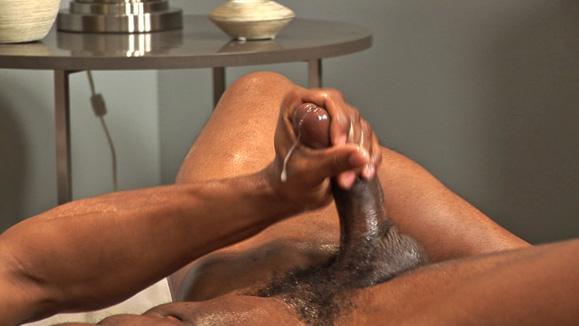
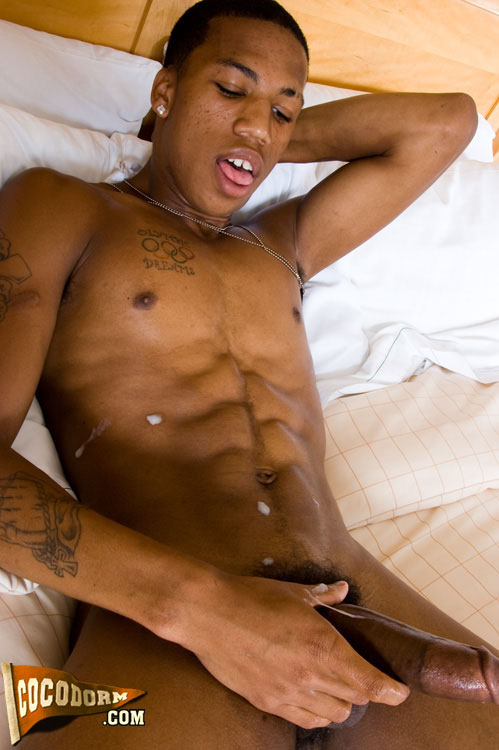
.jpg)